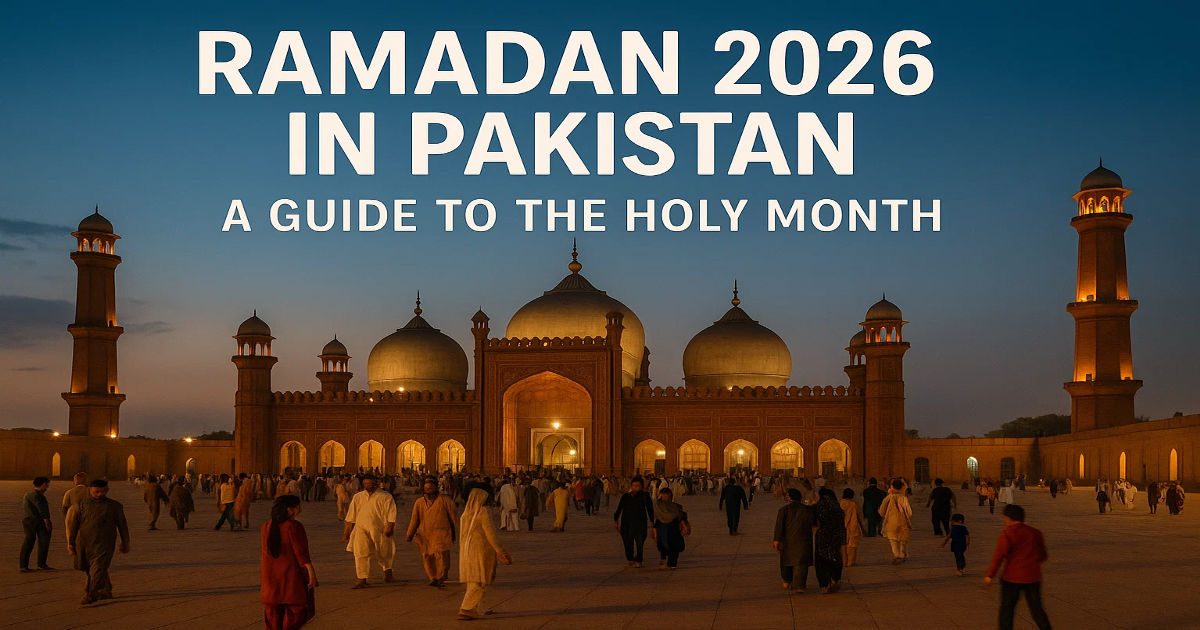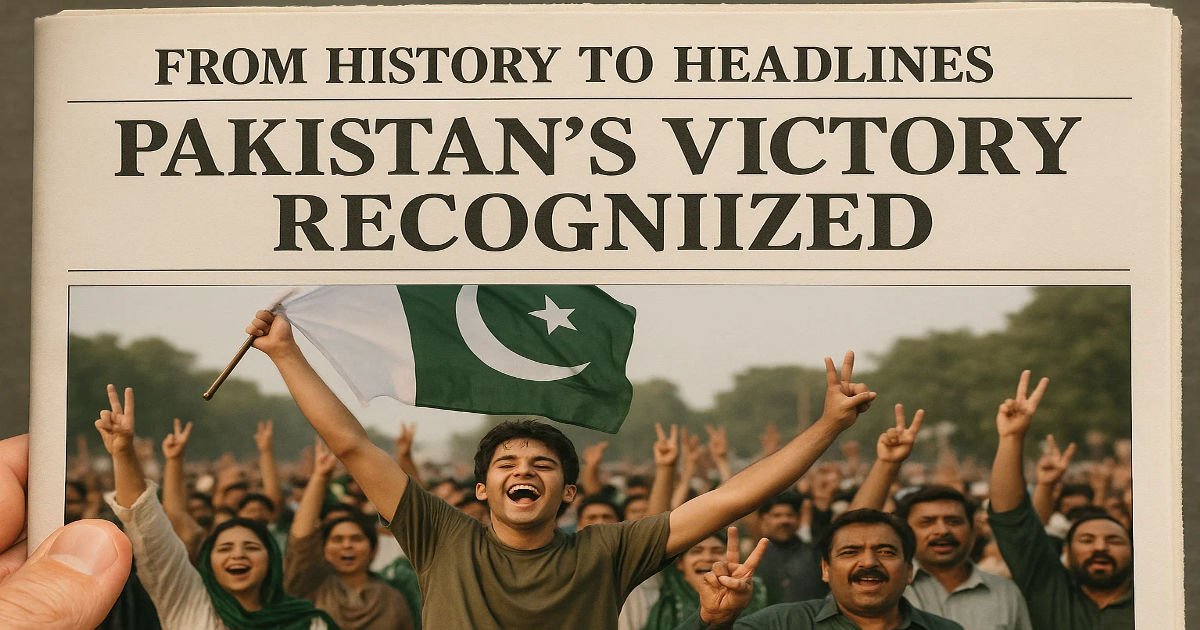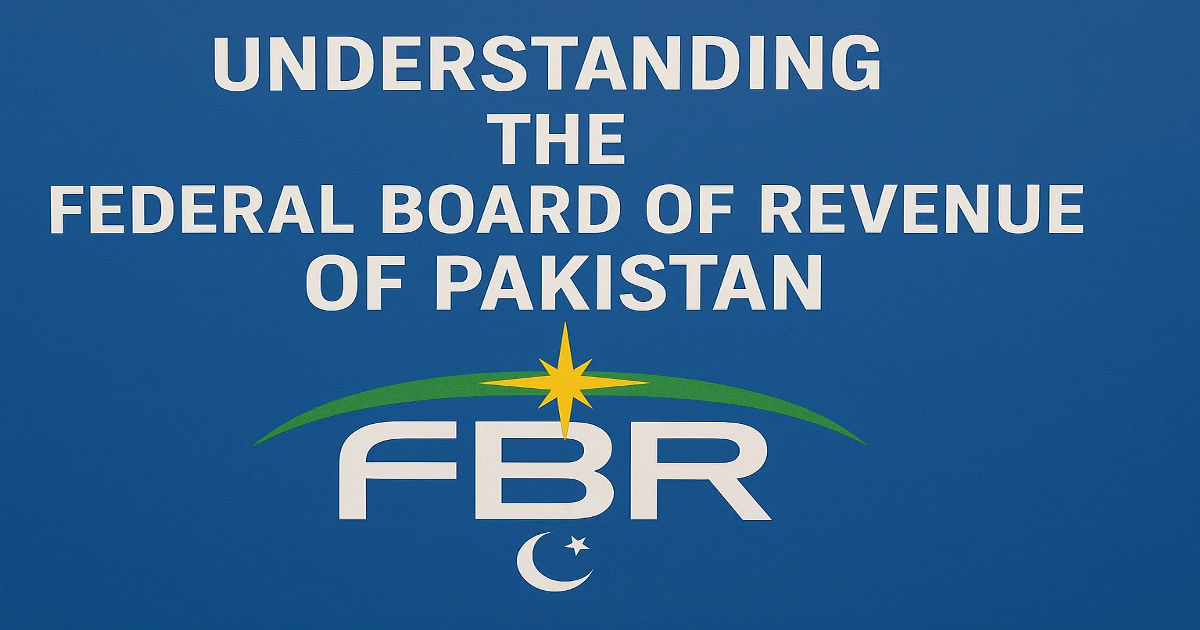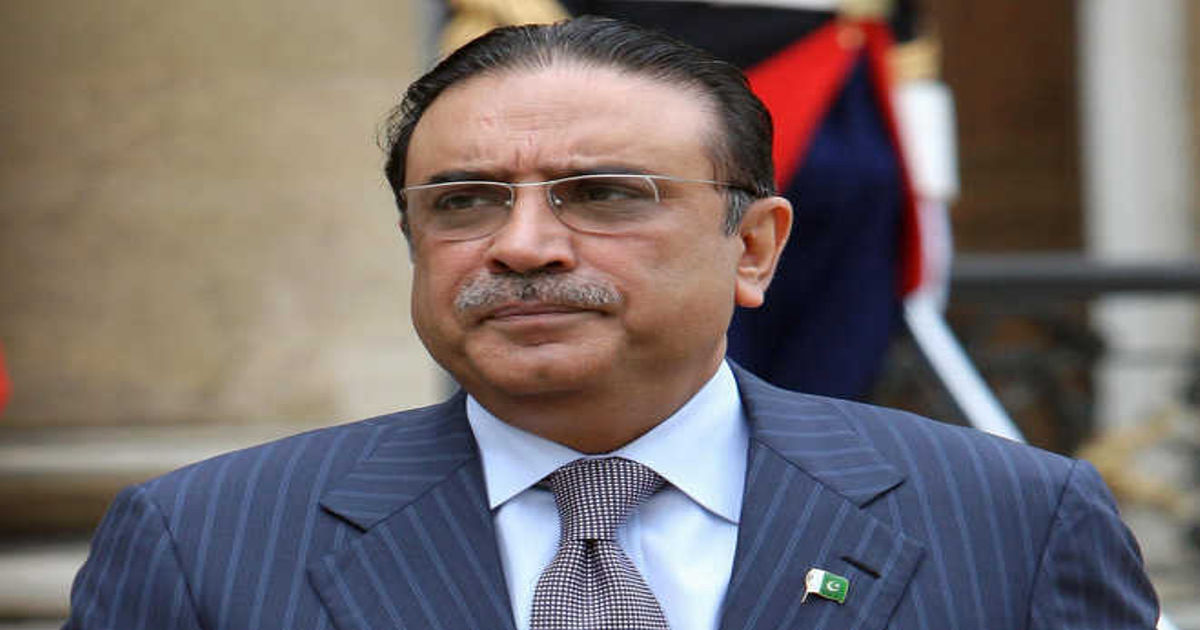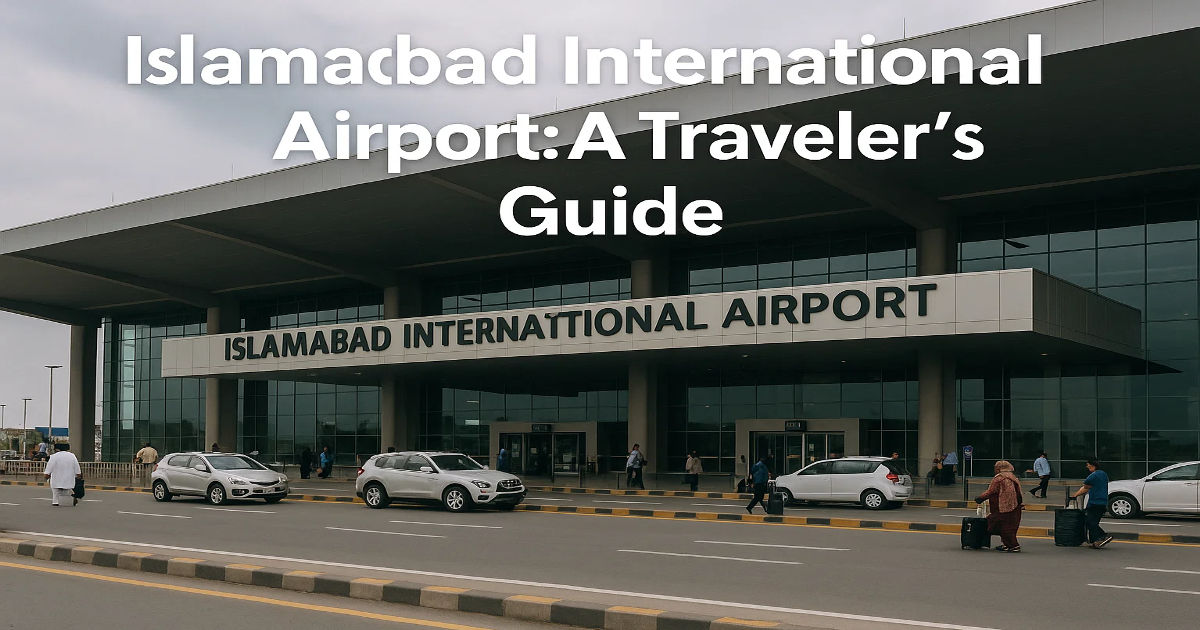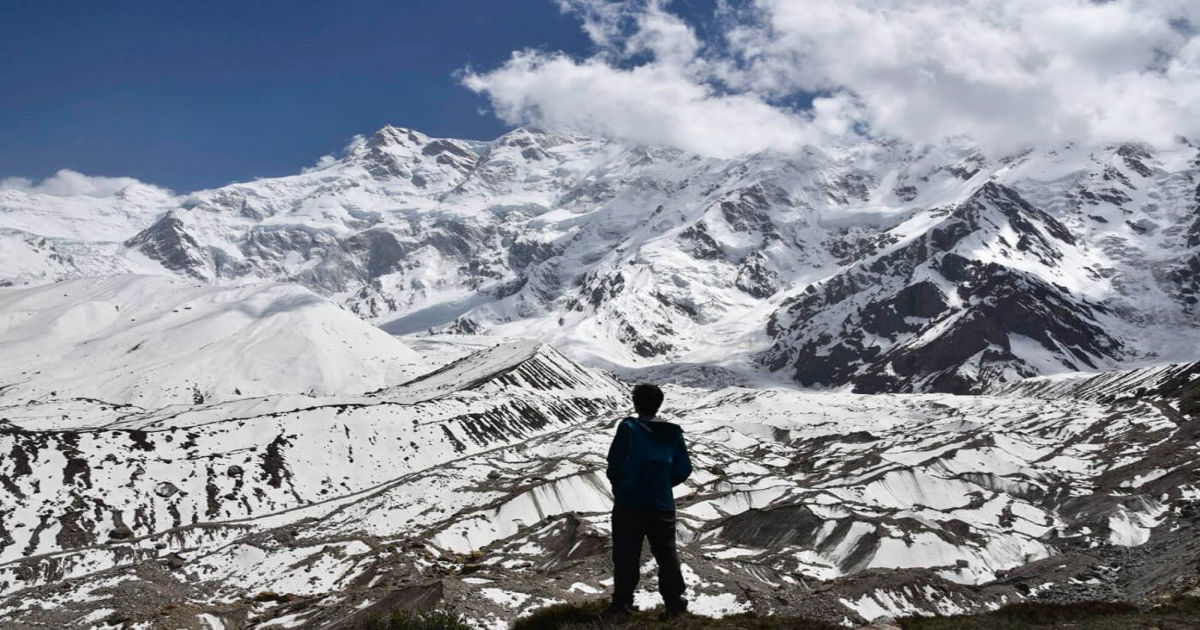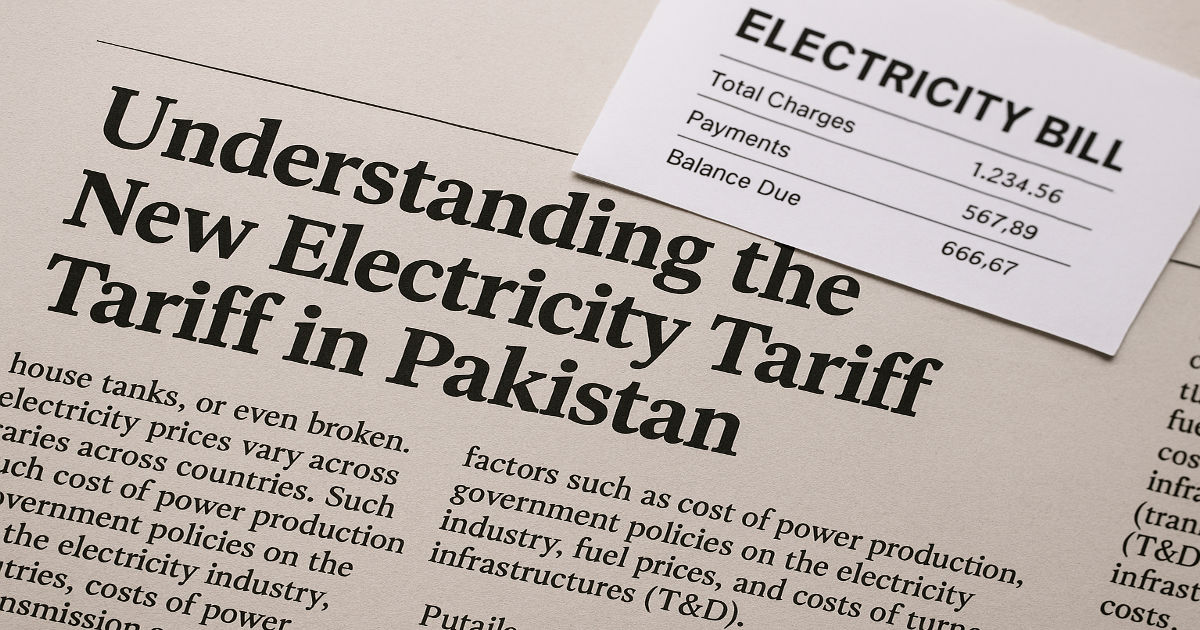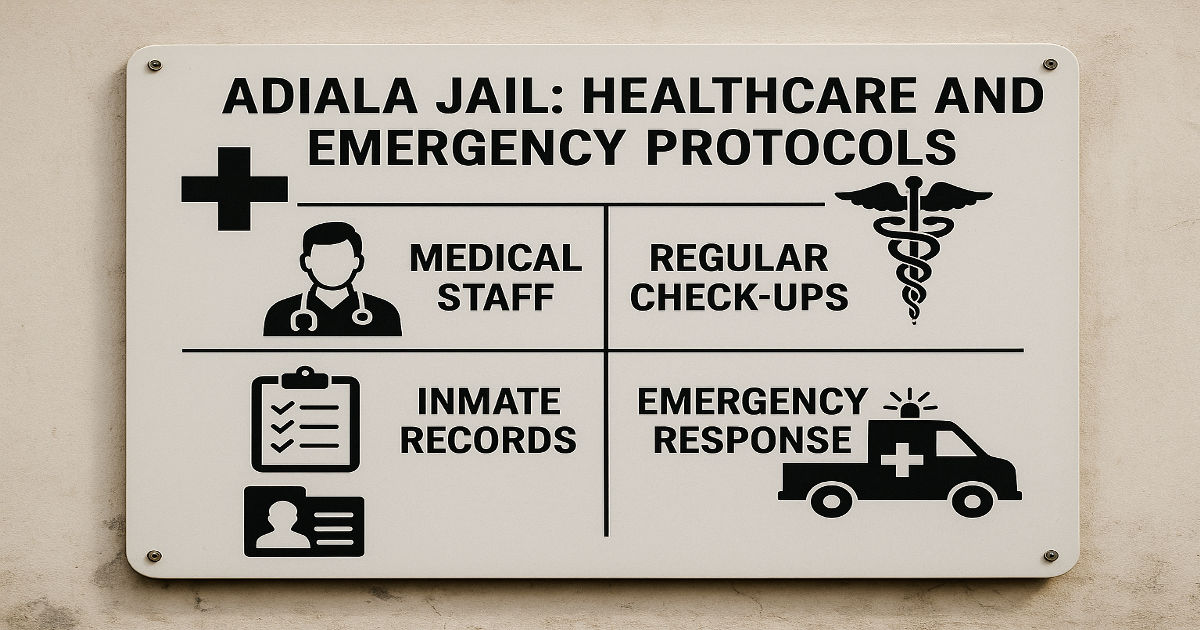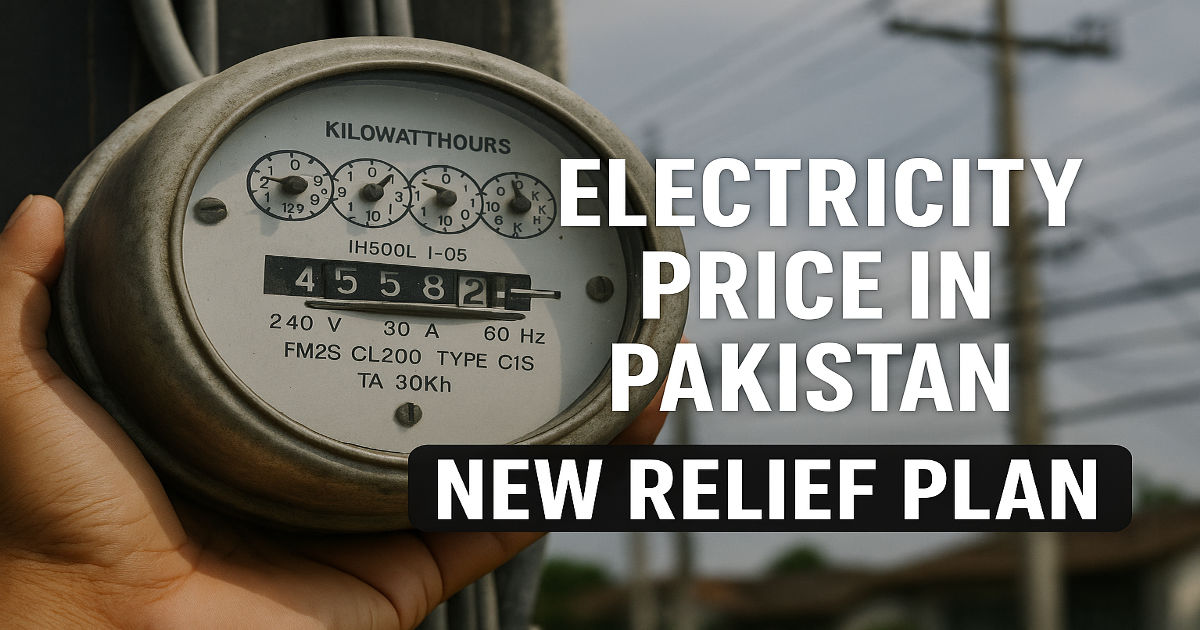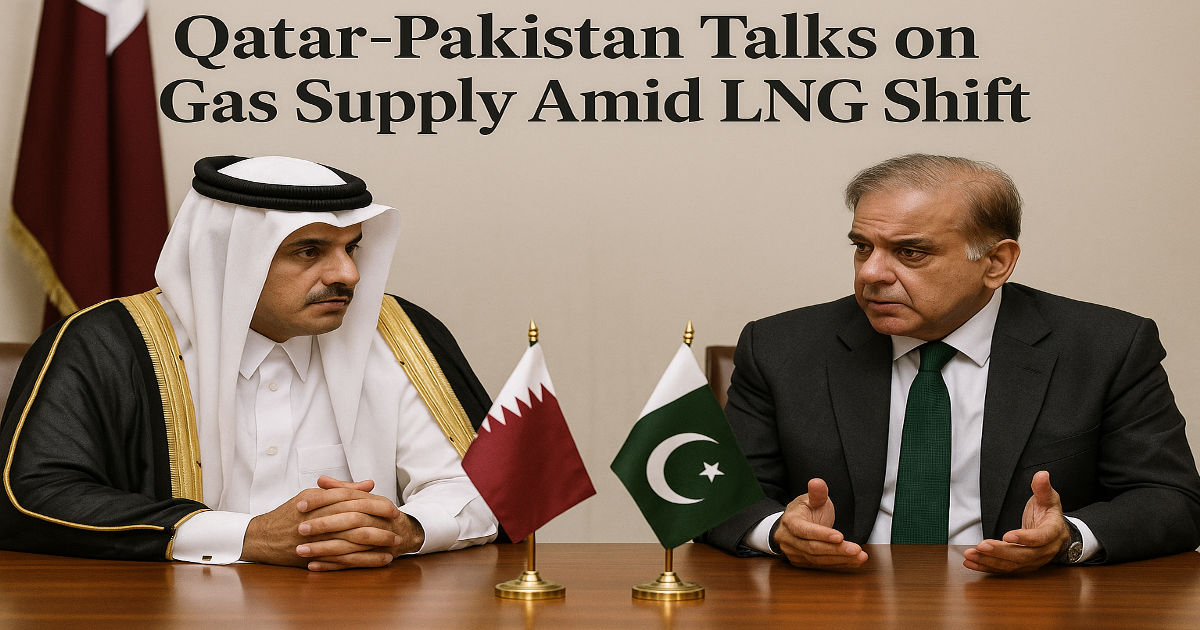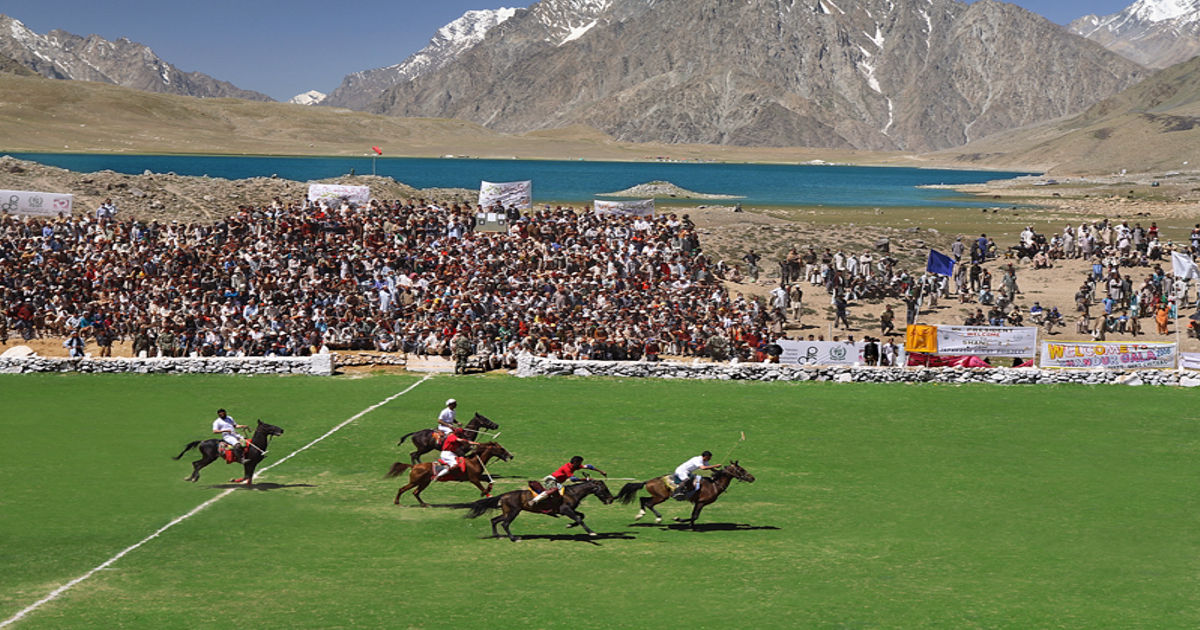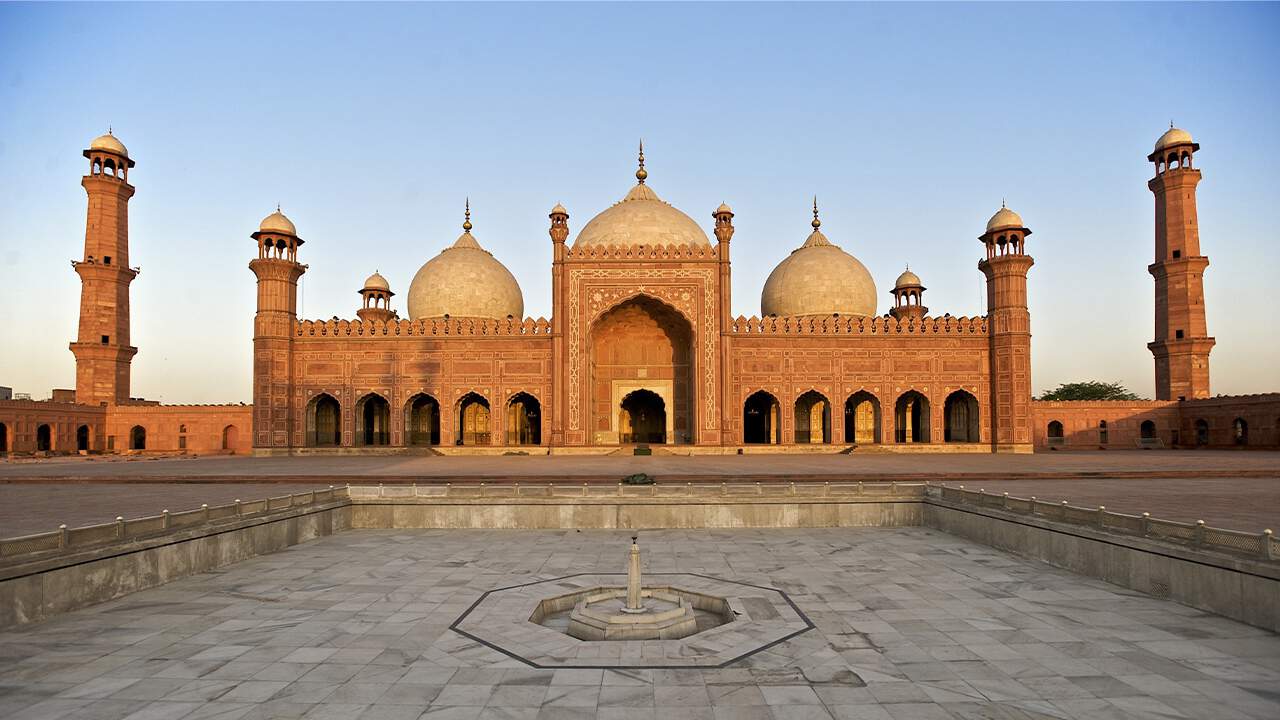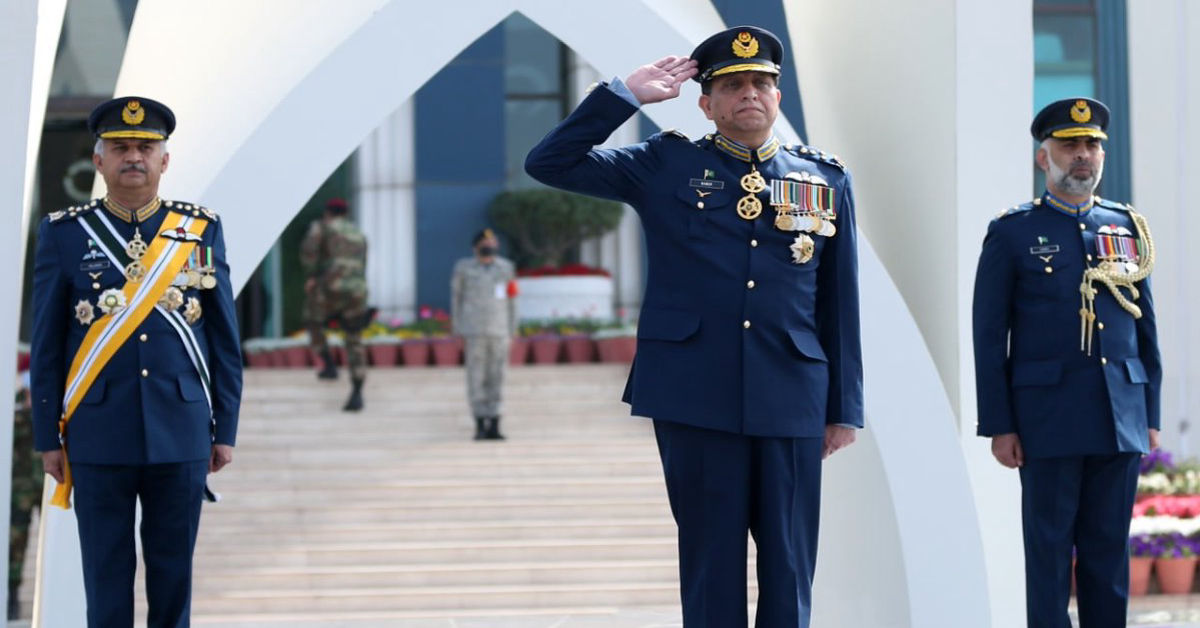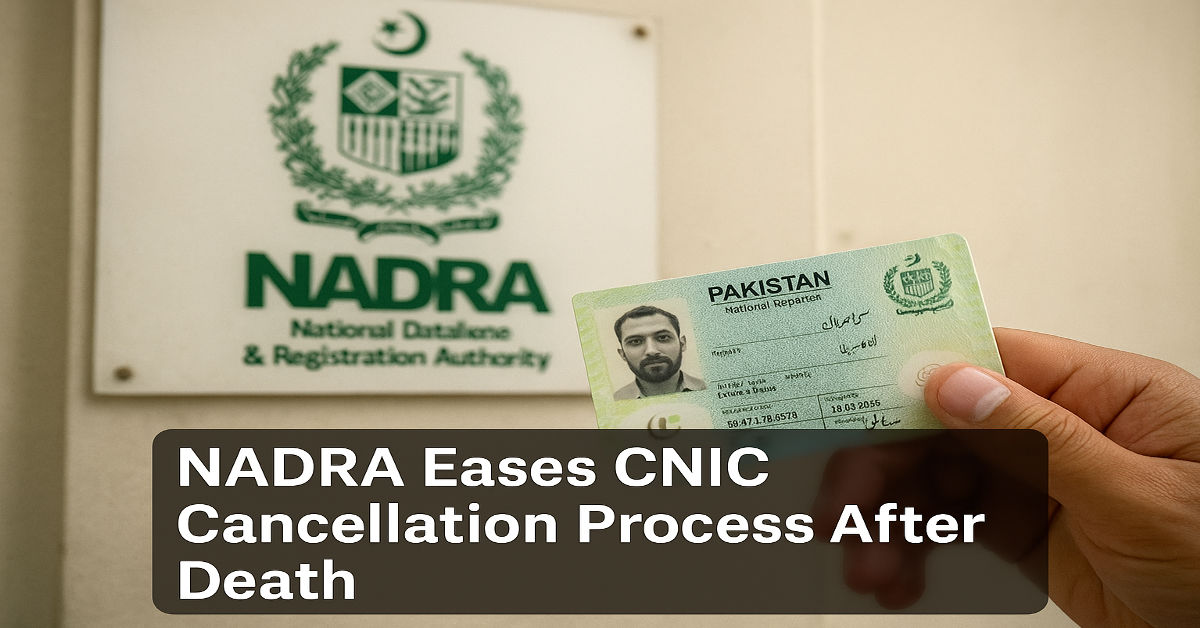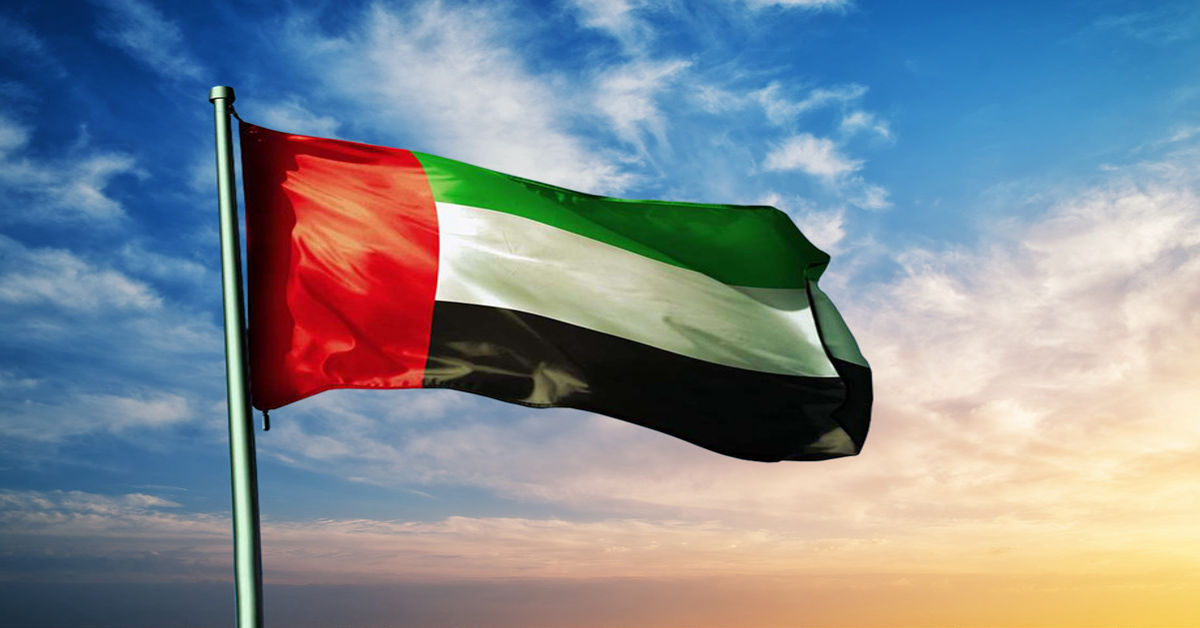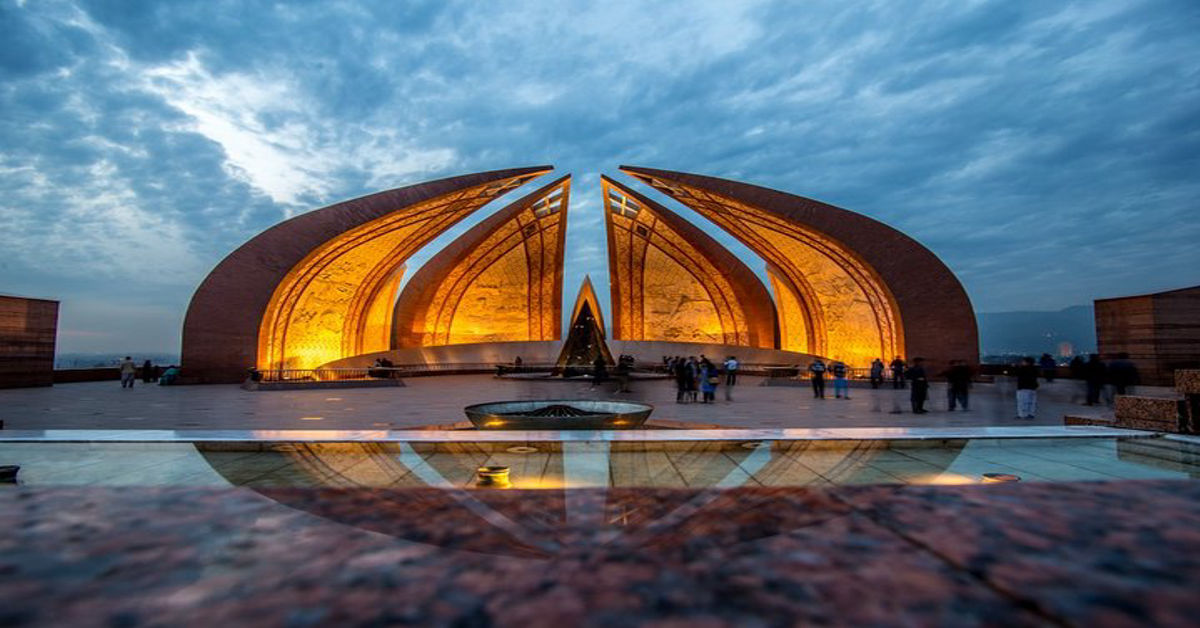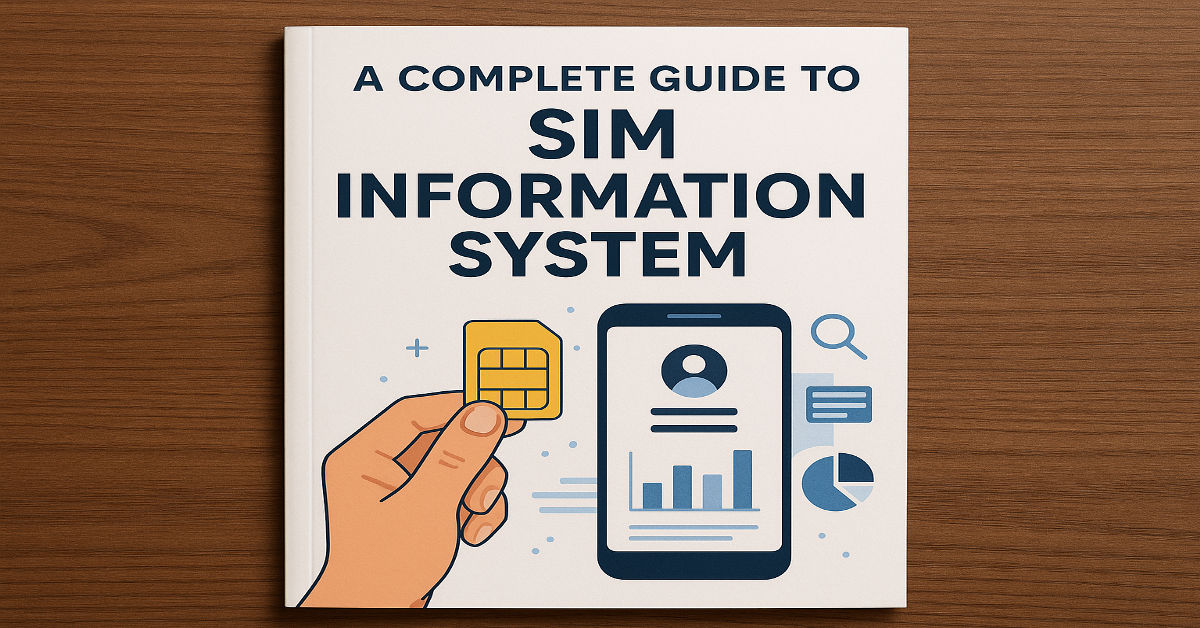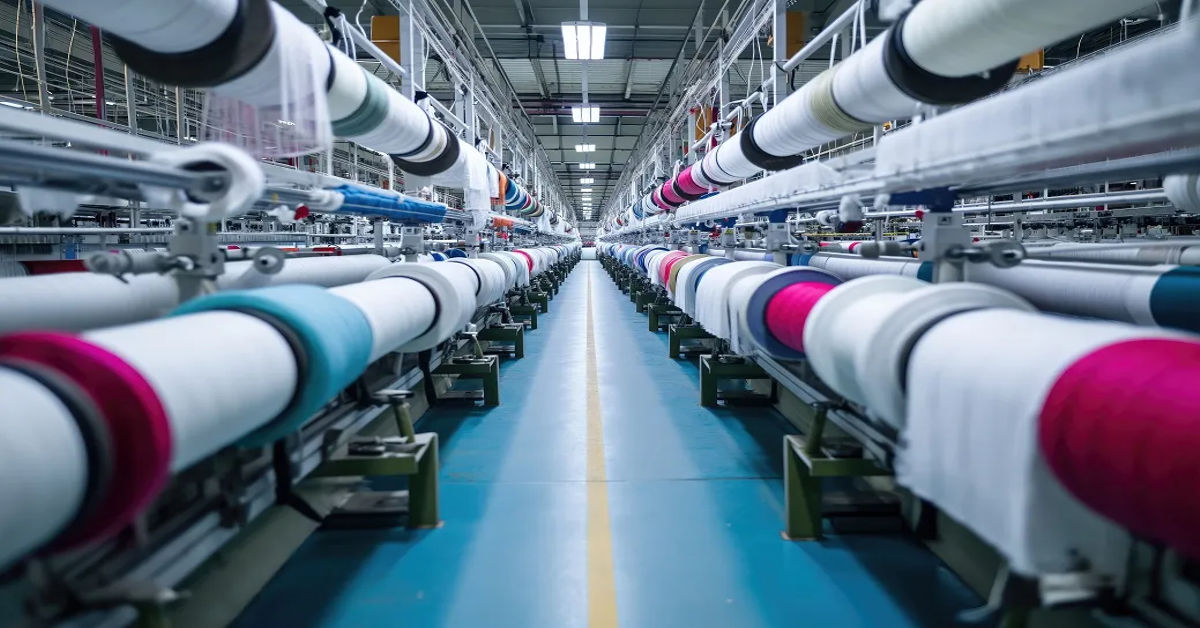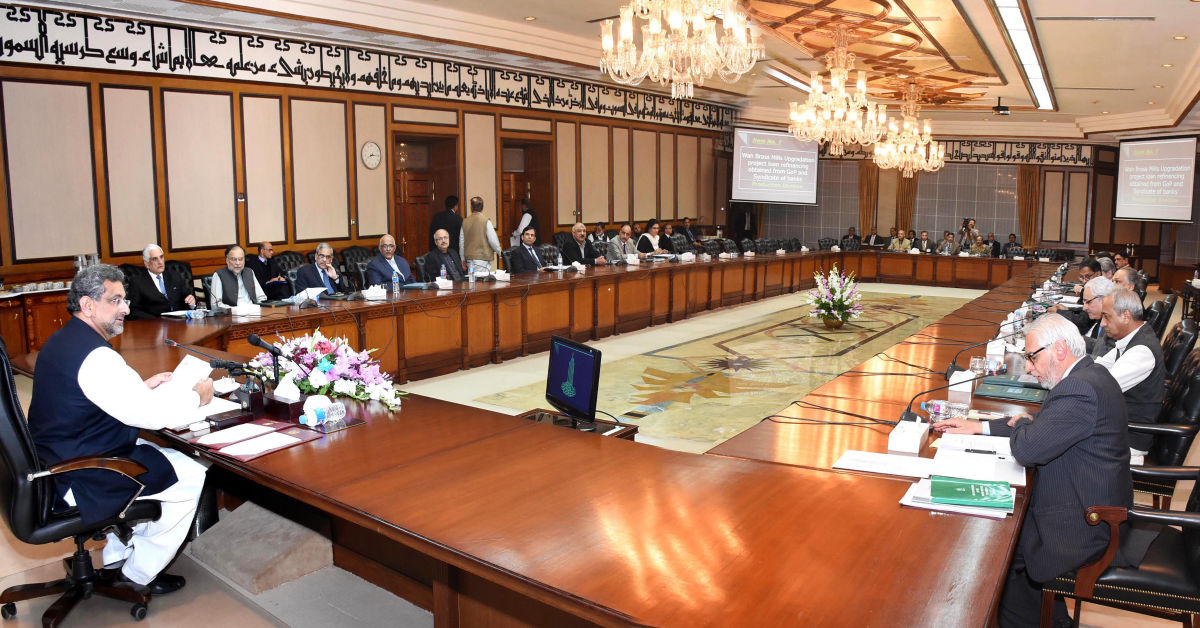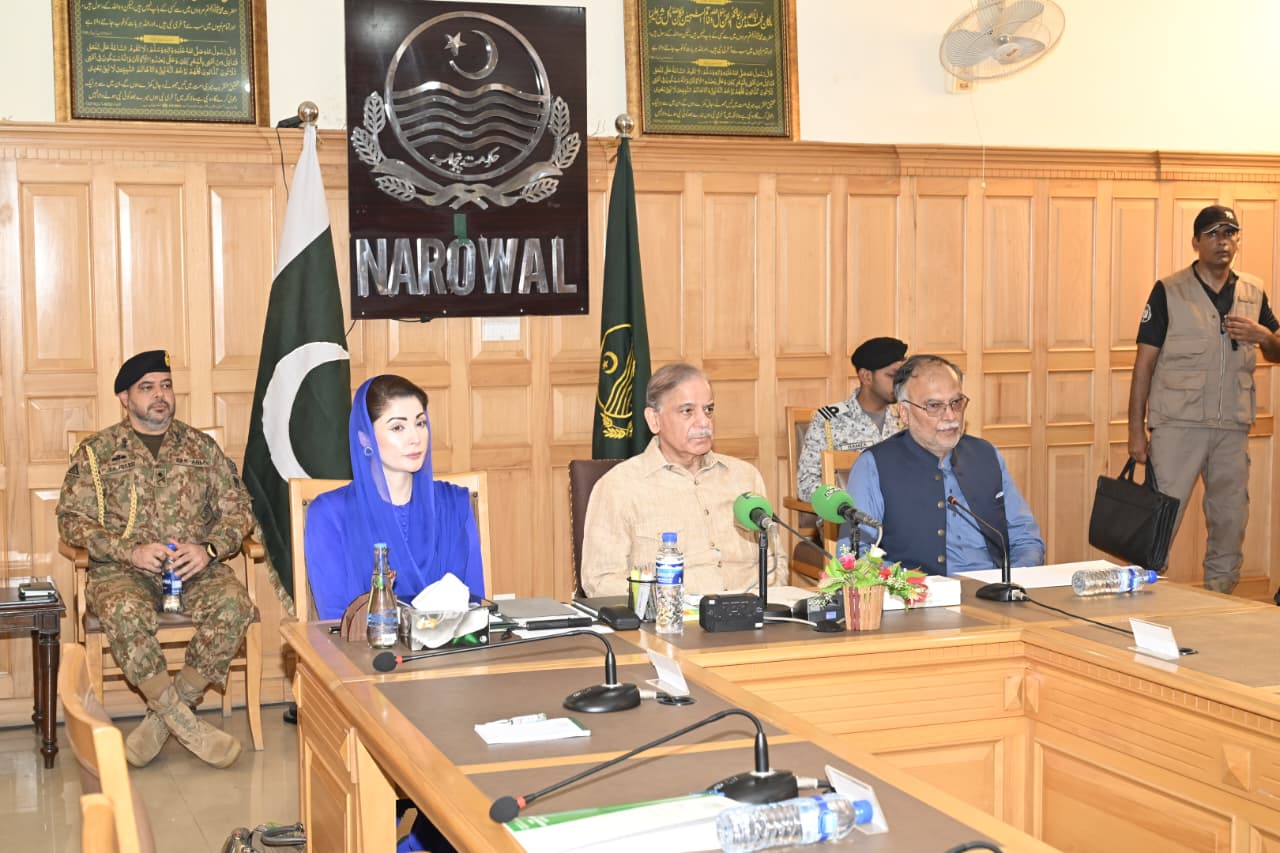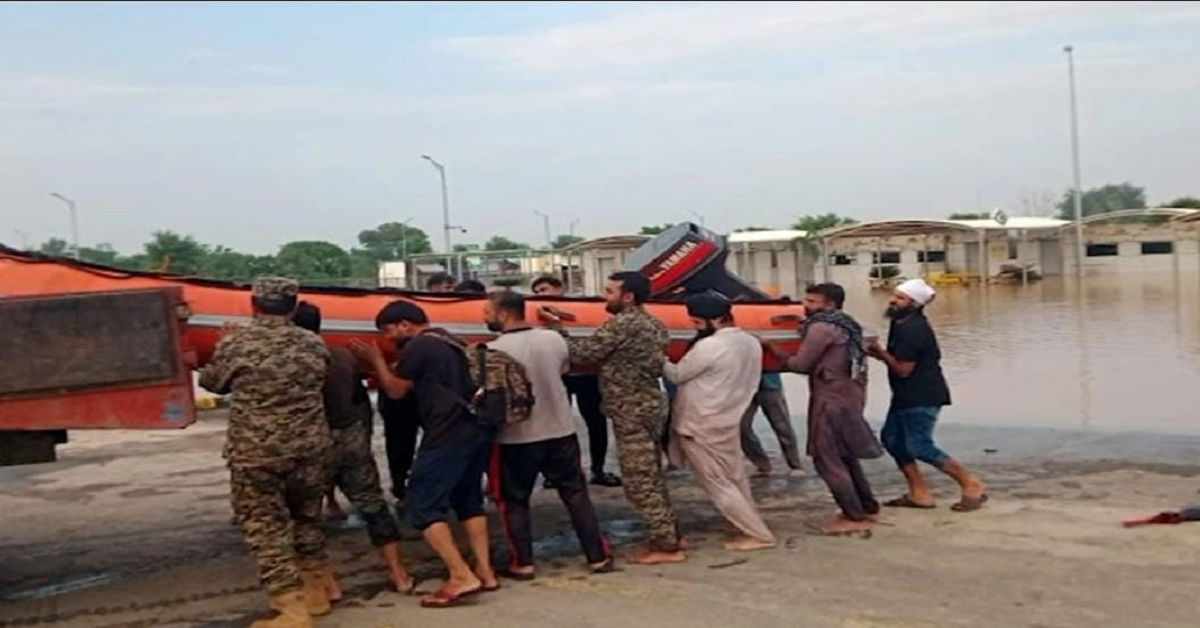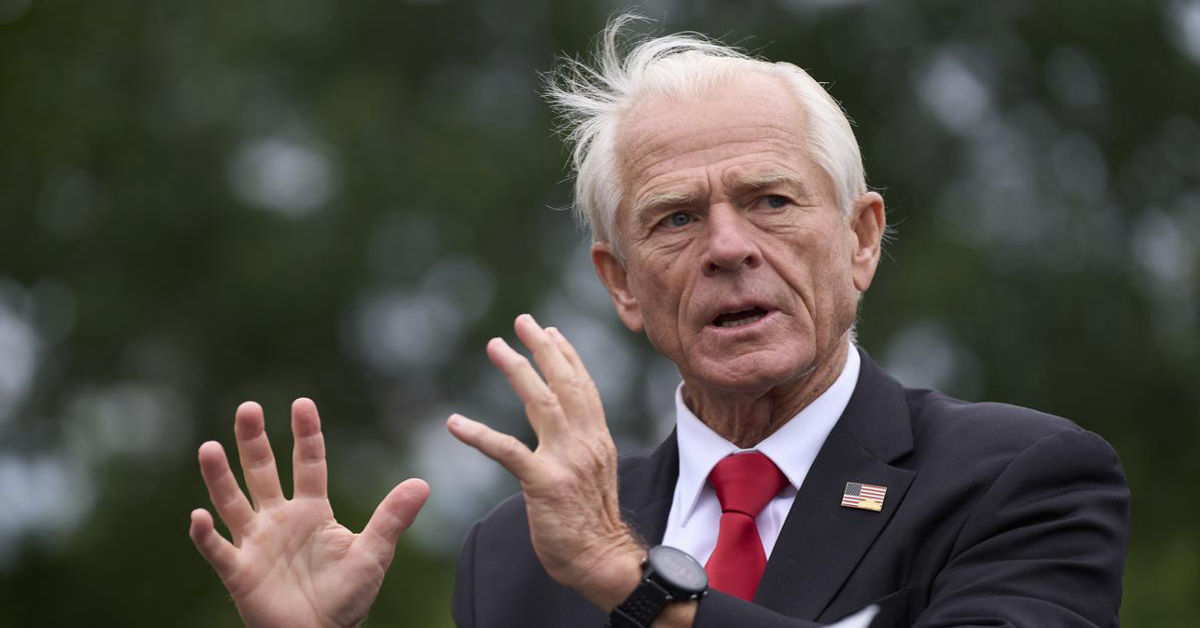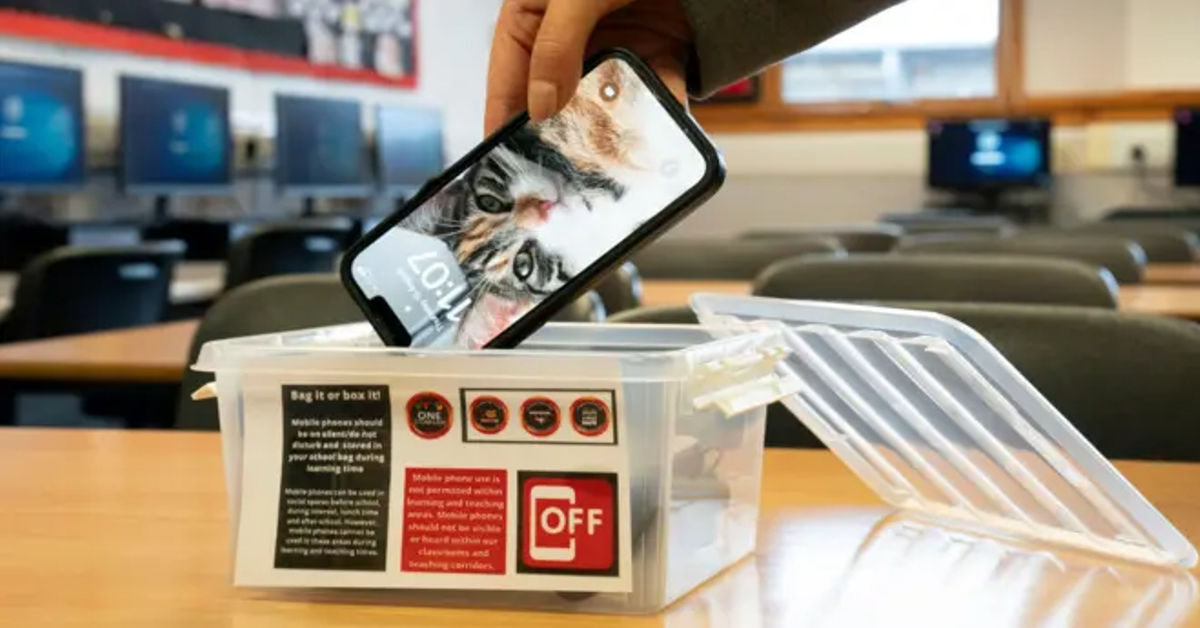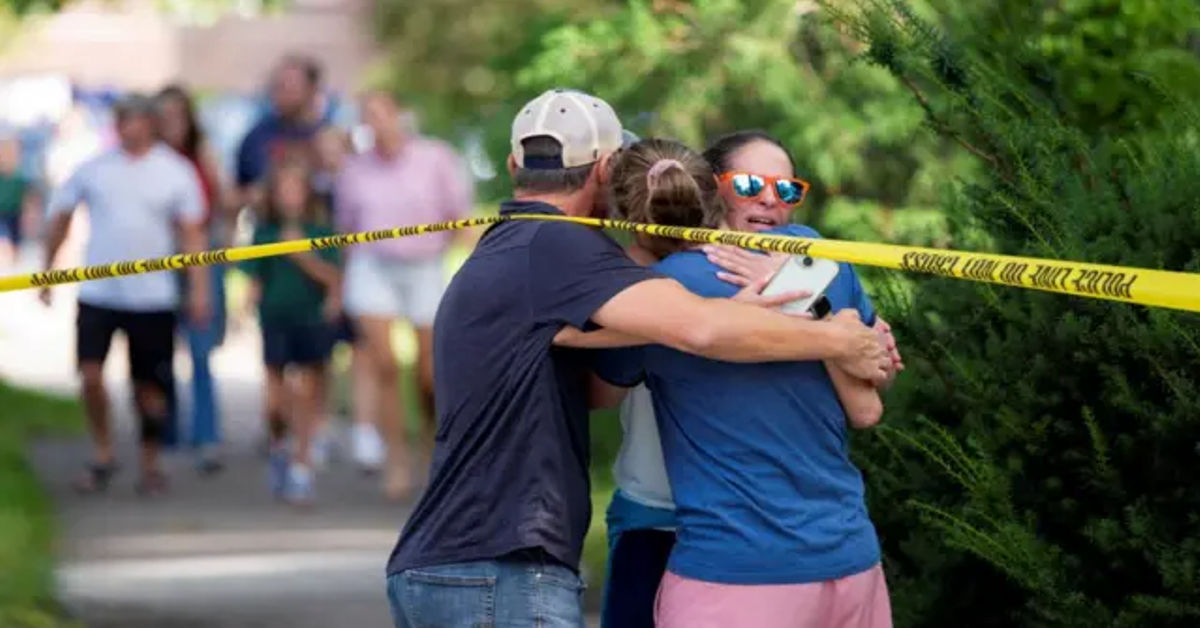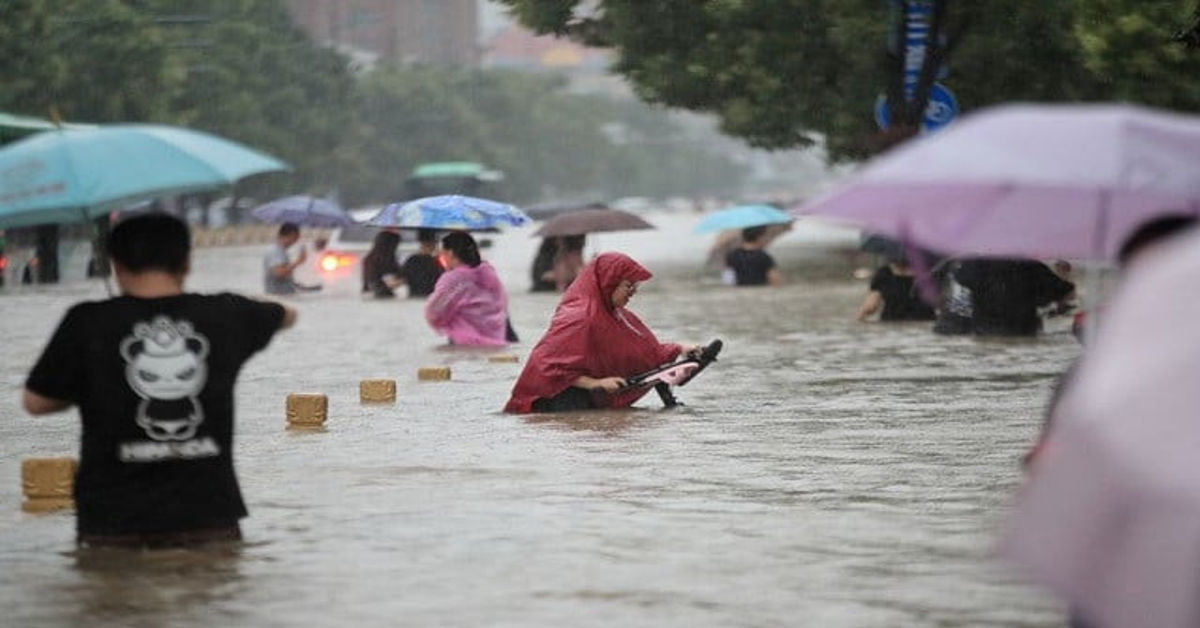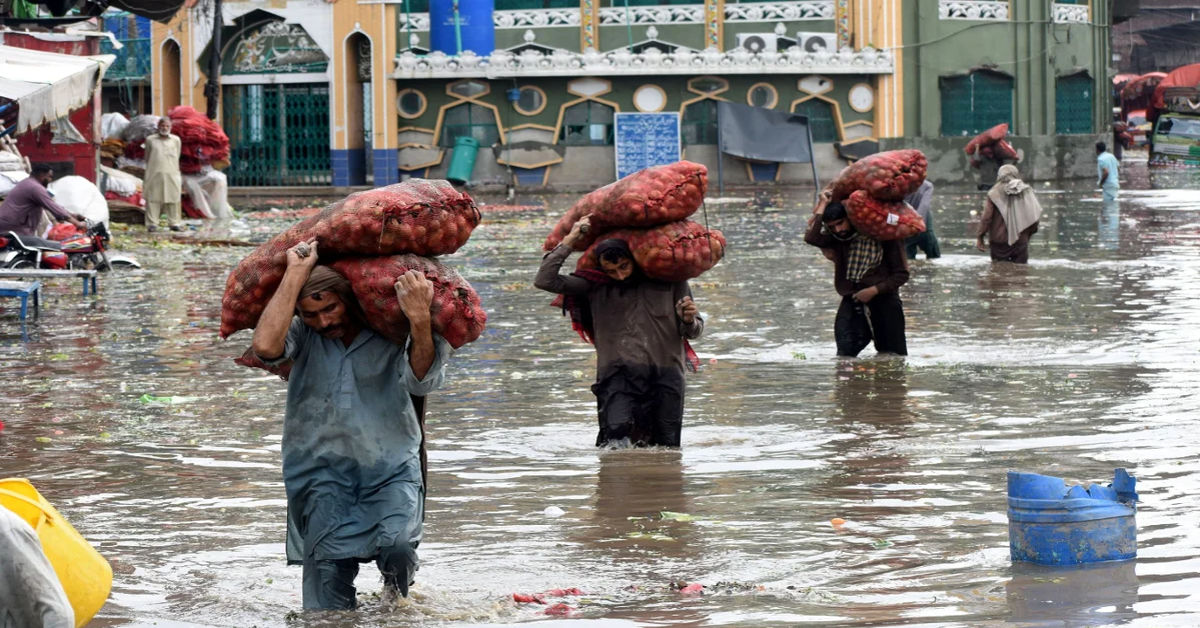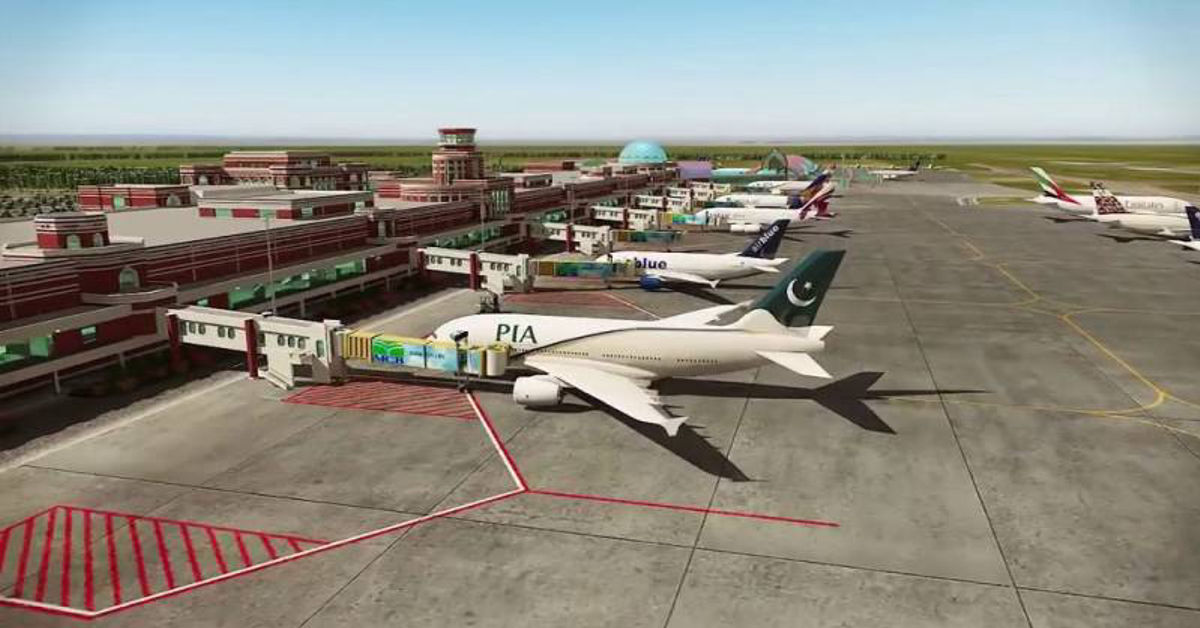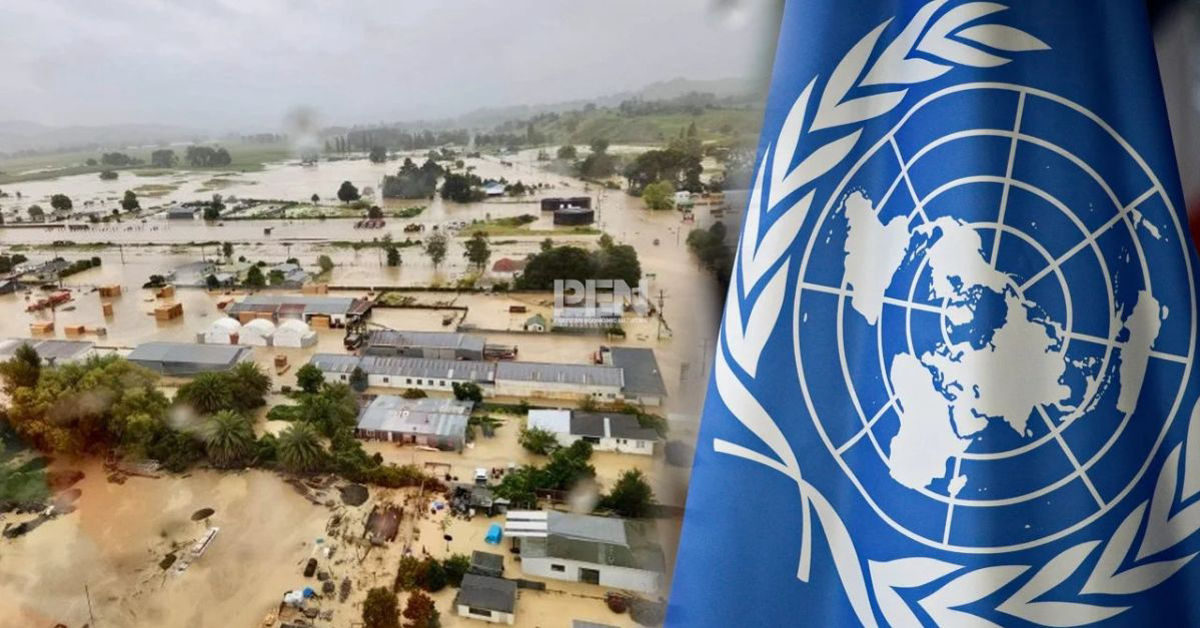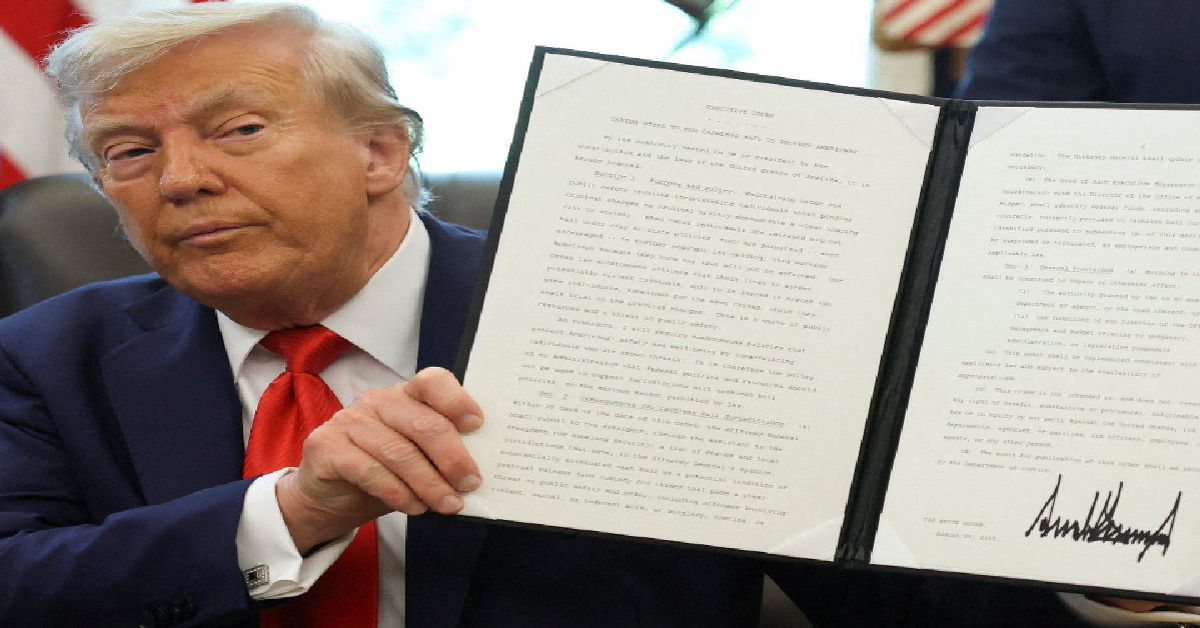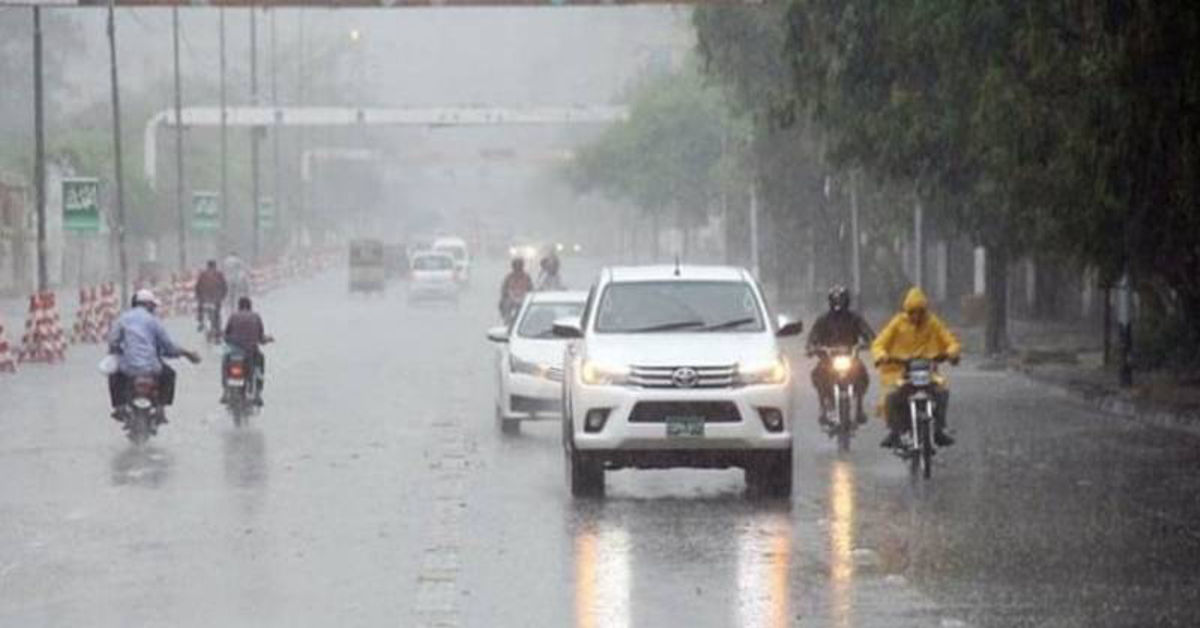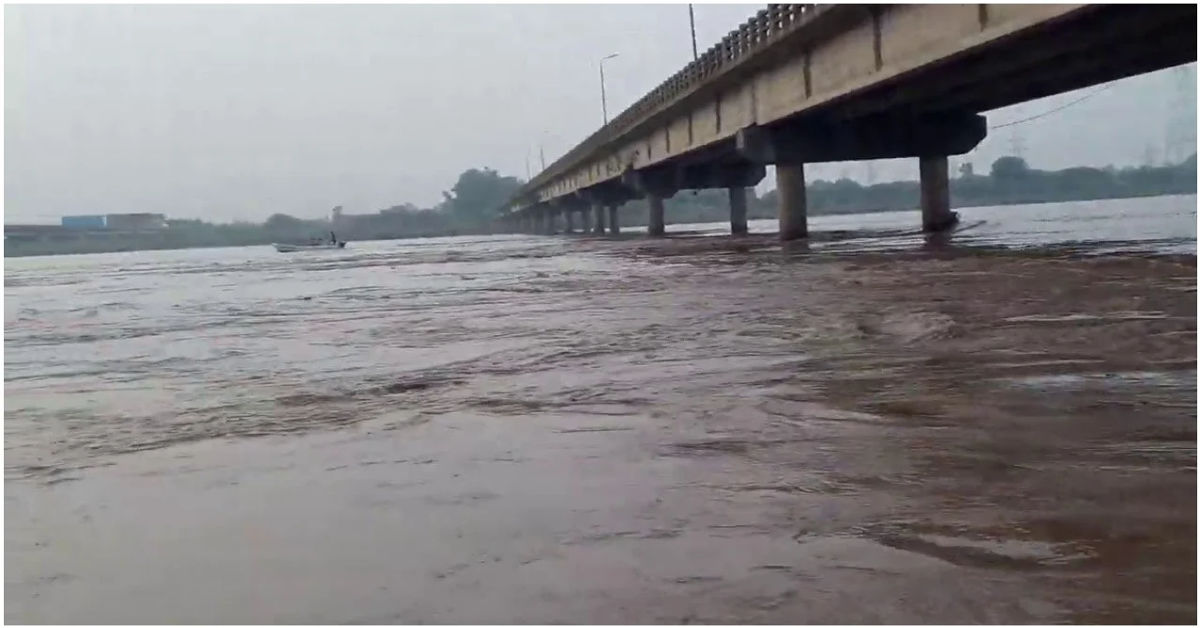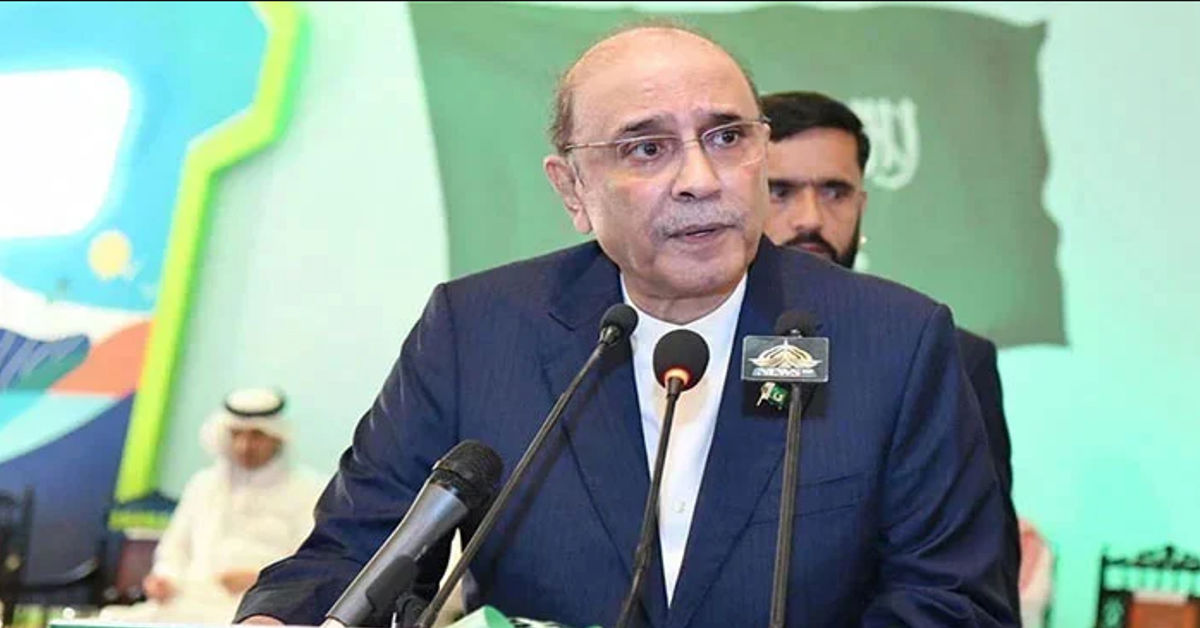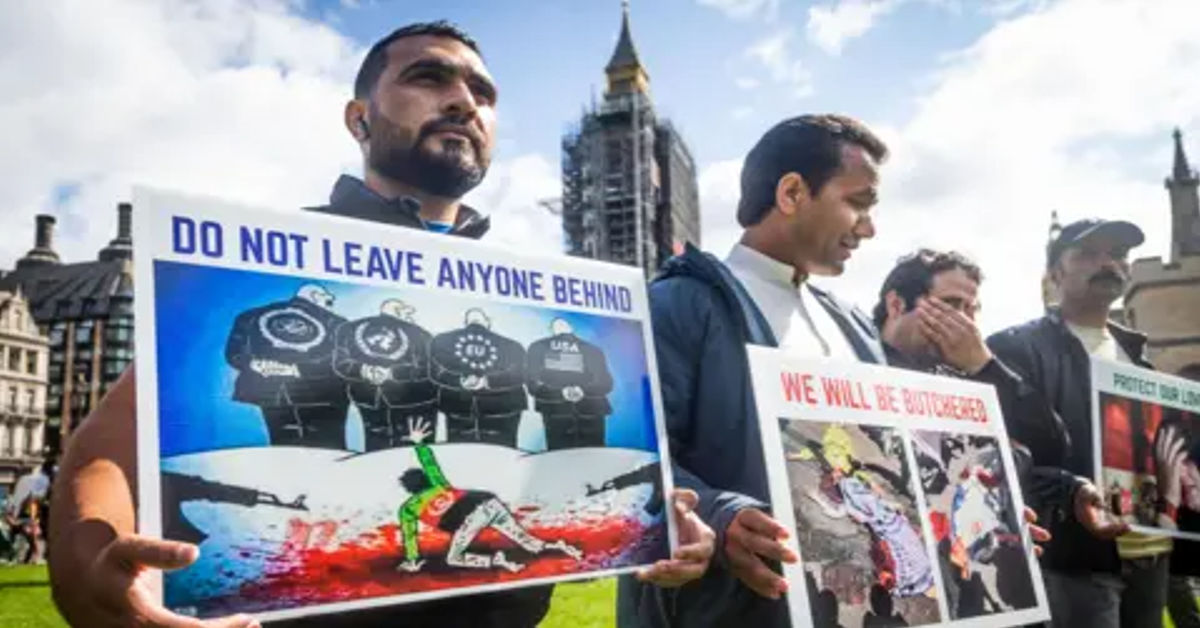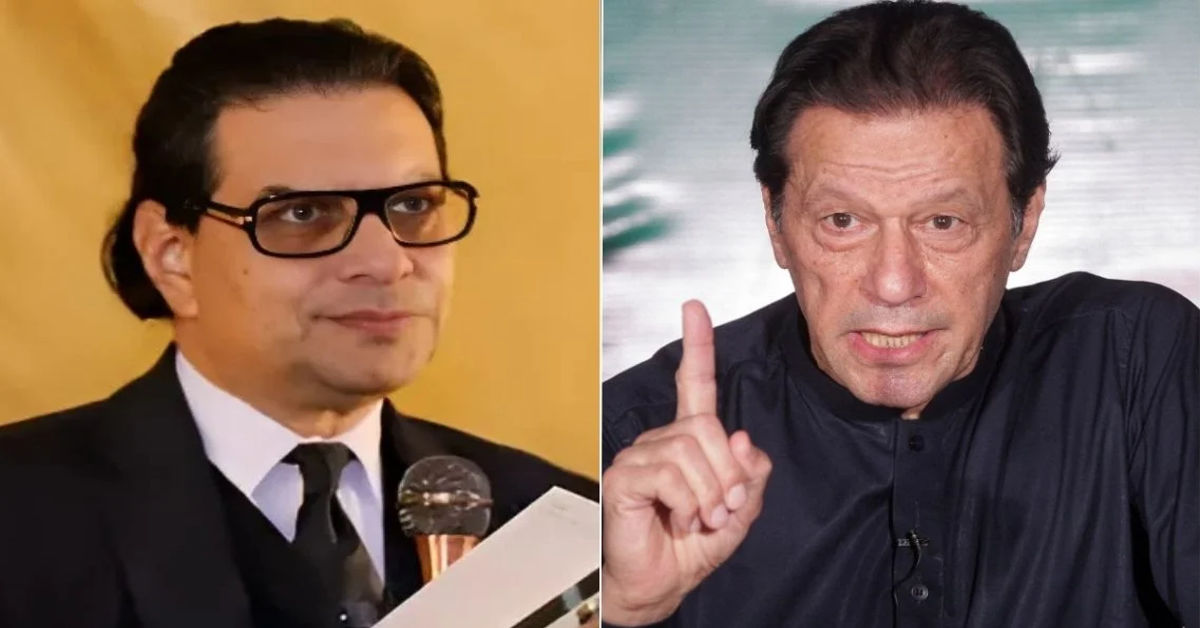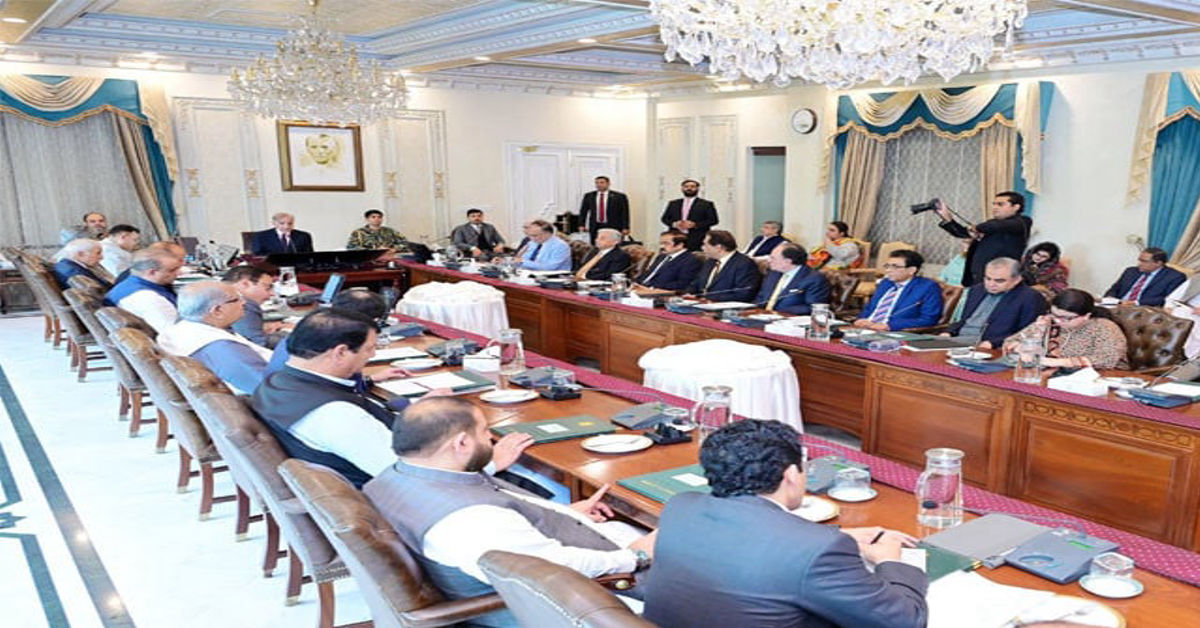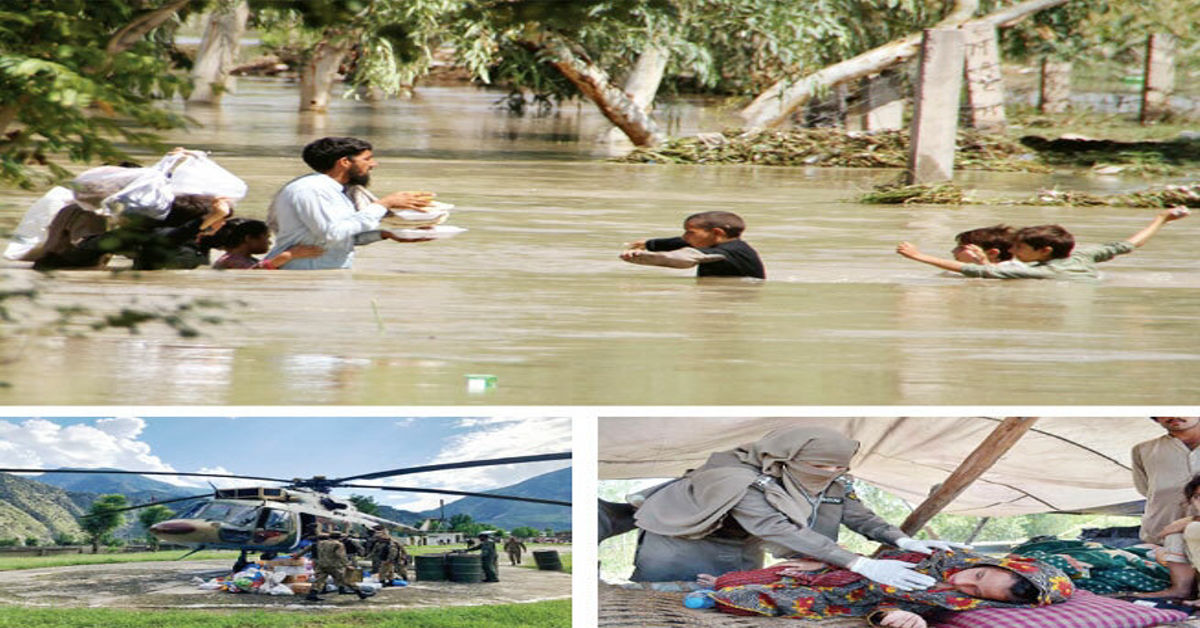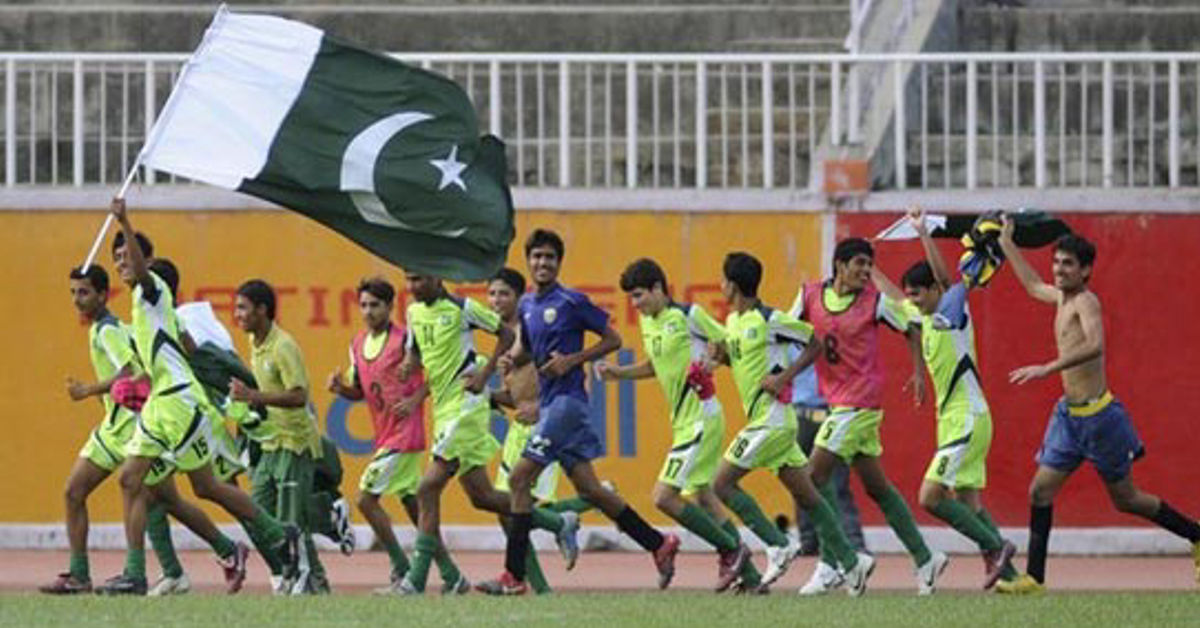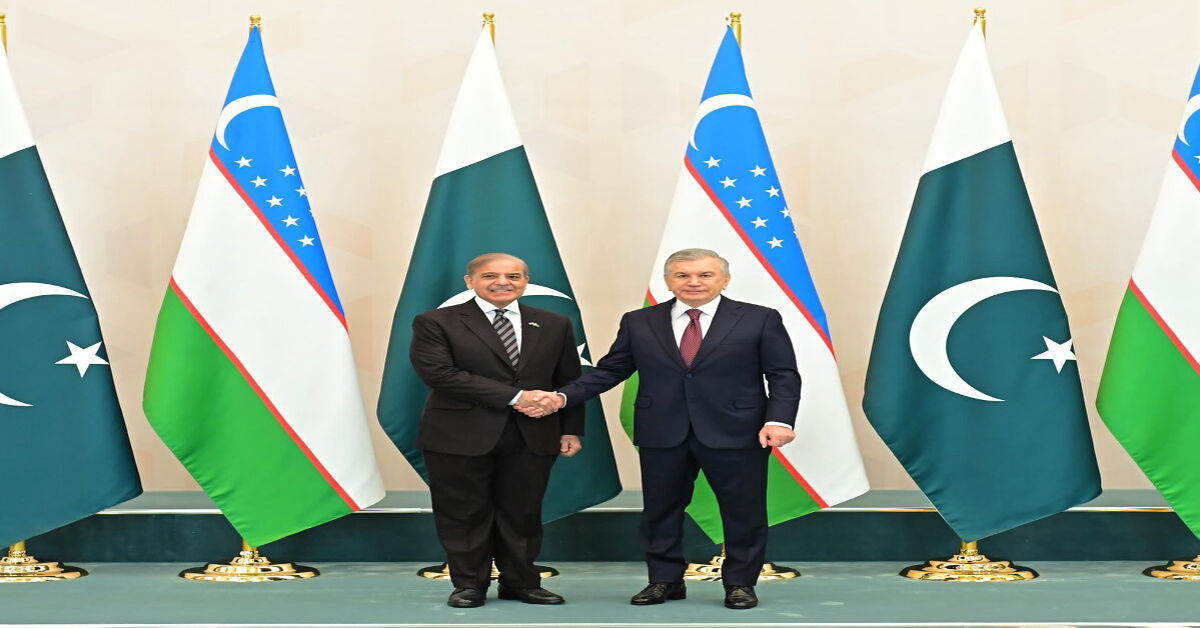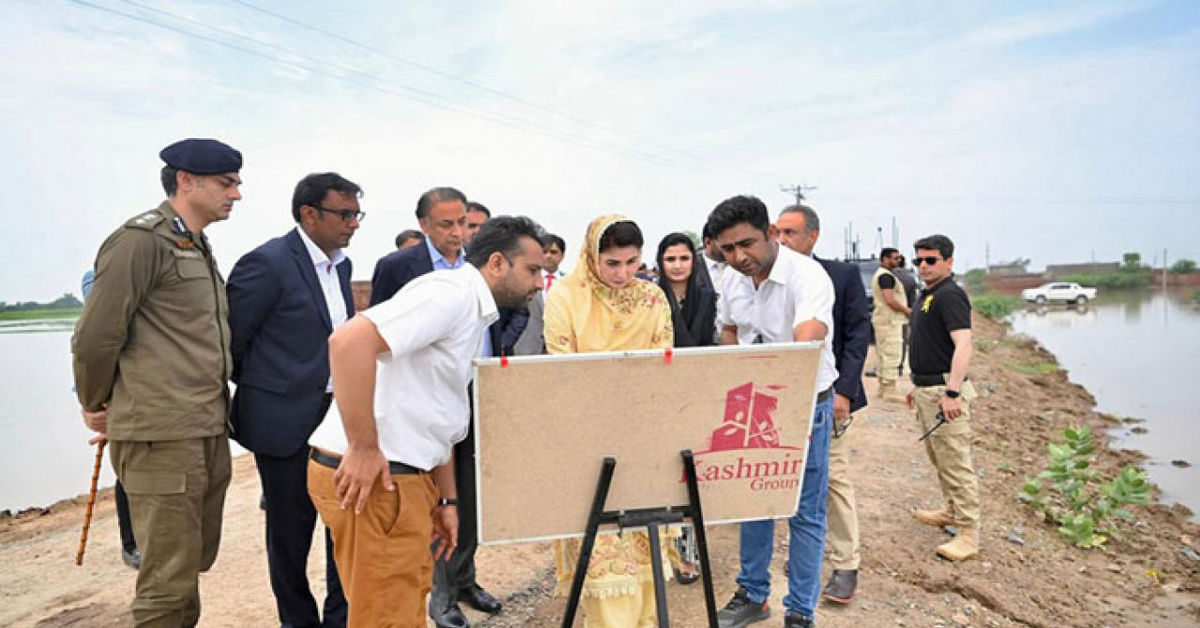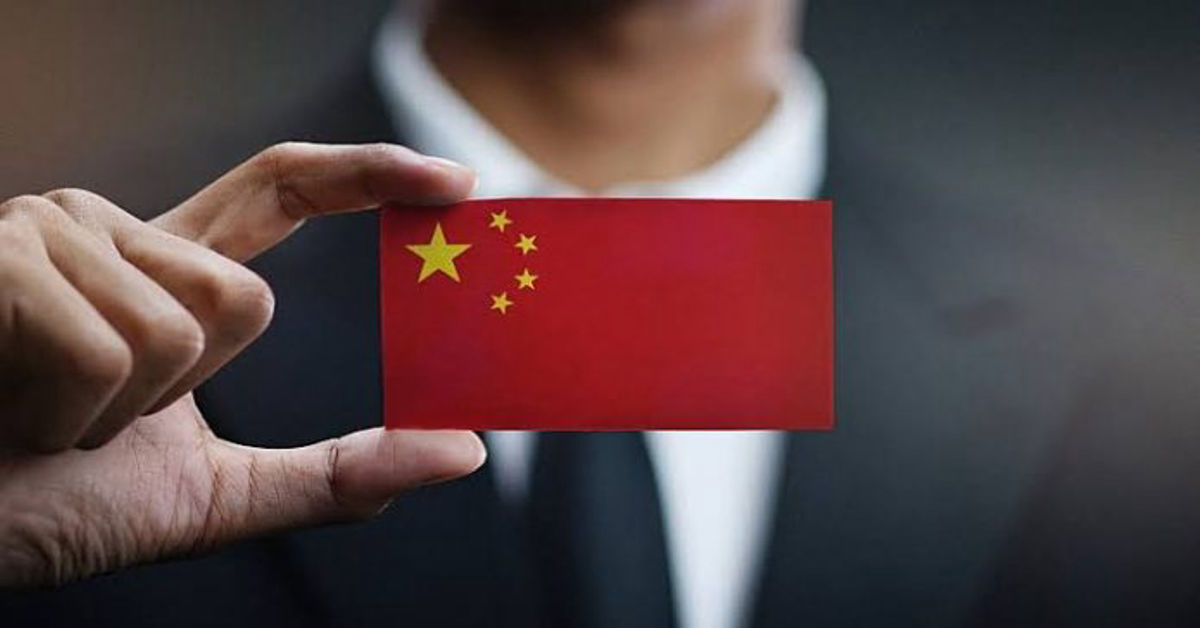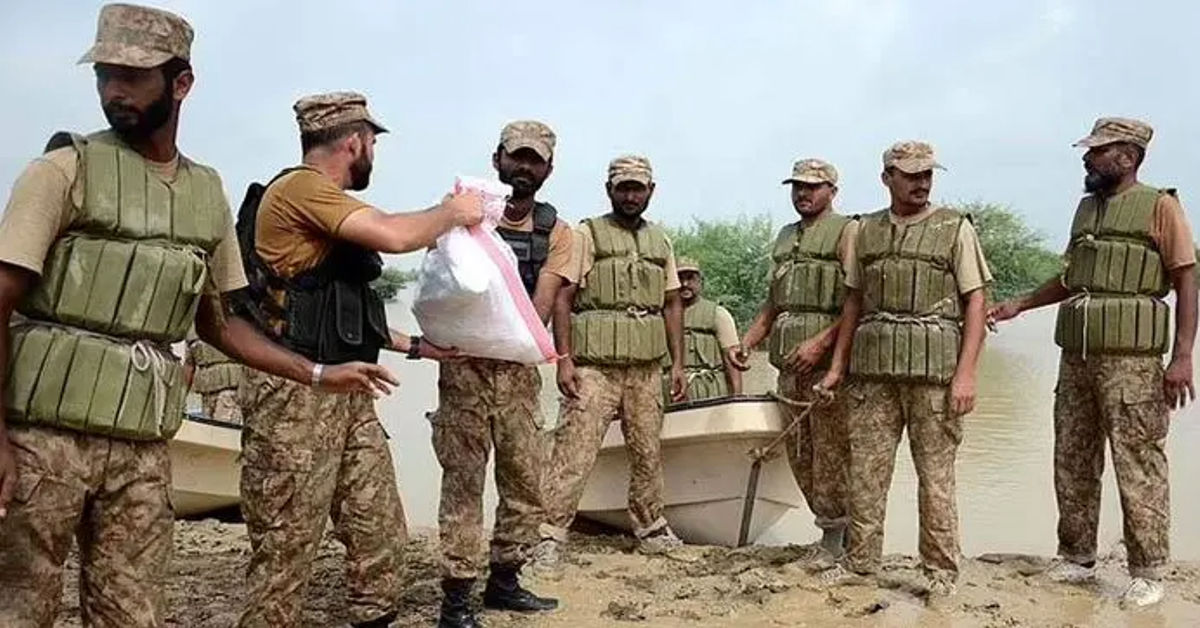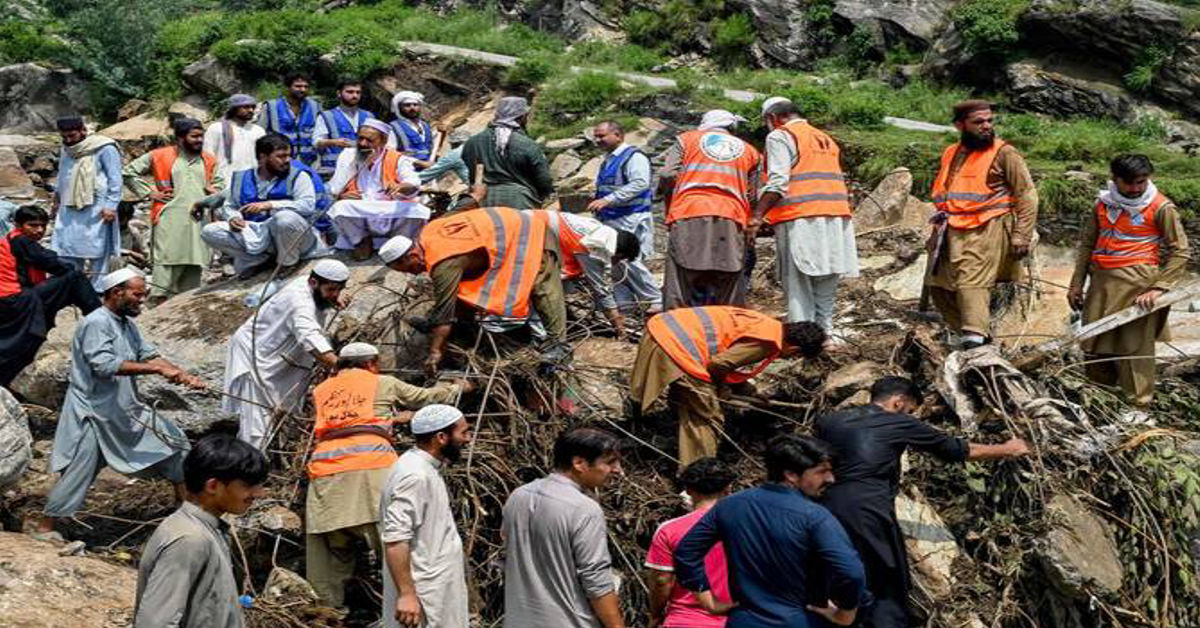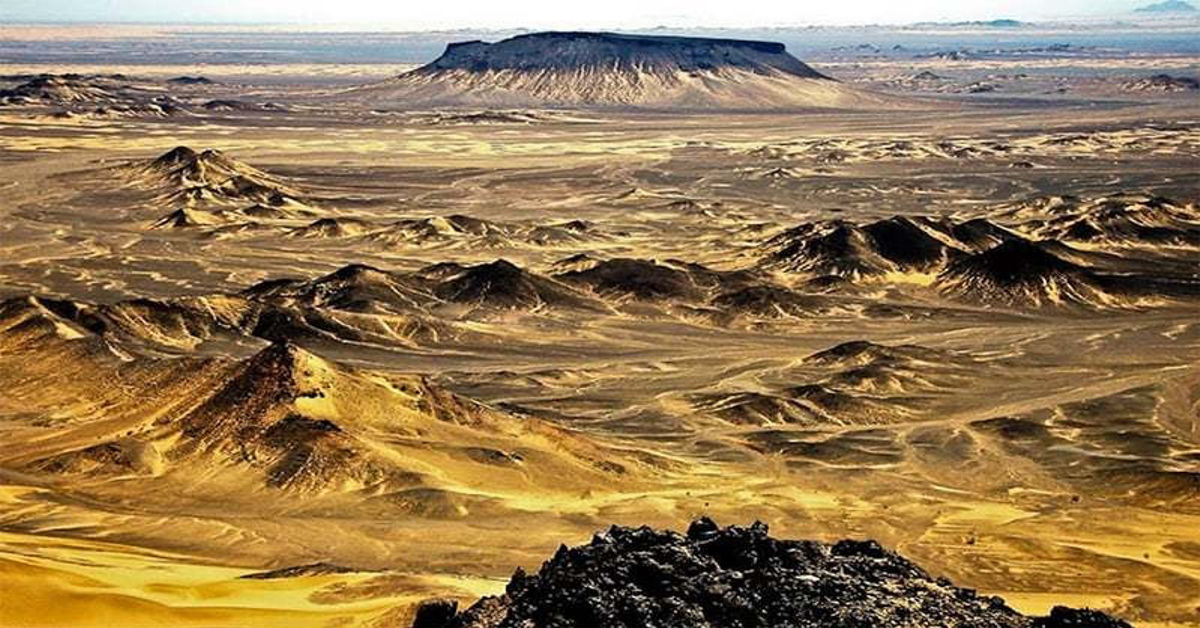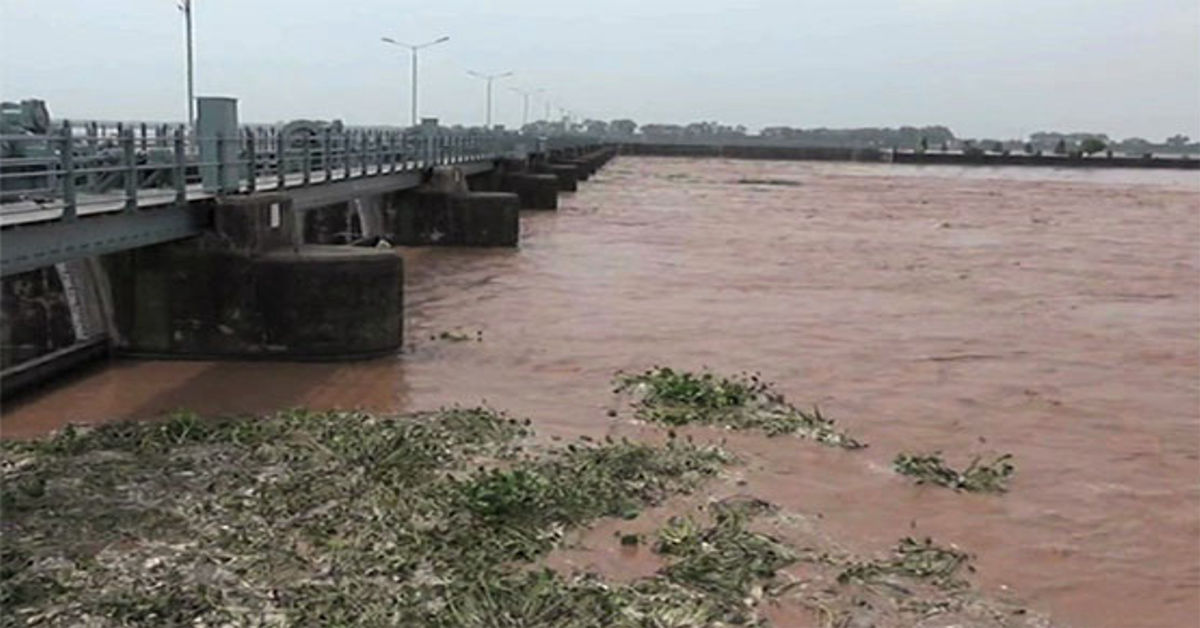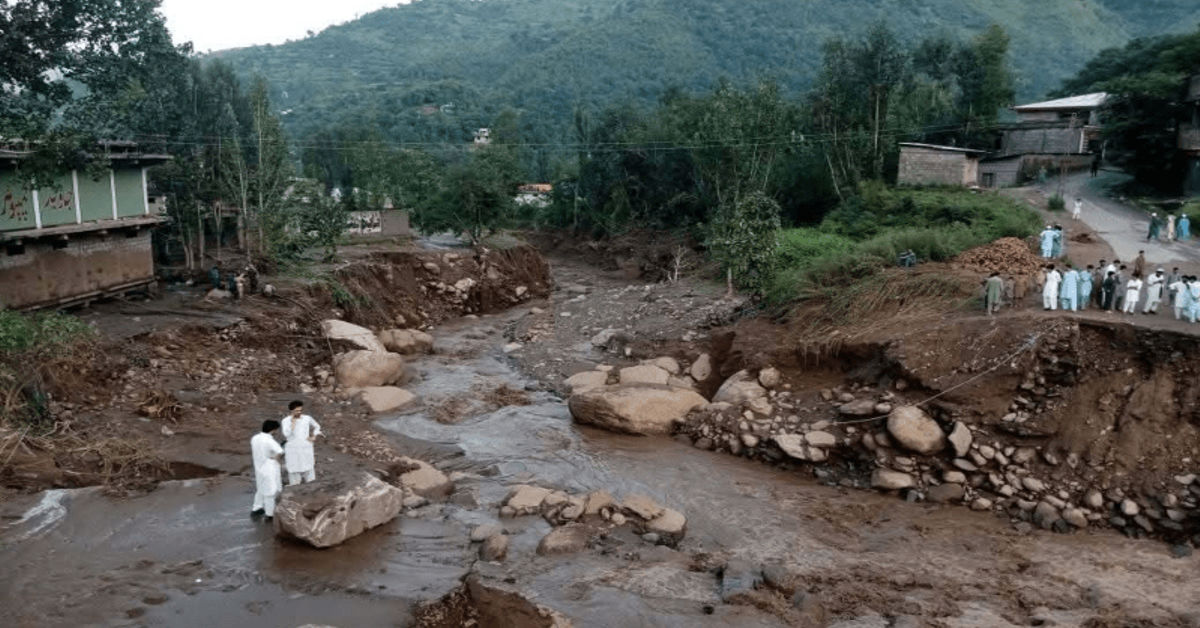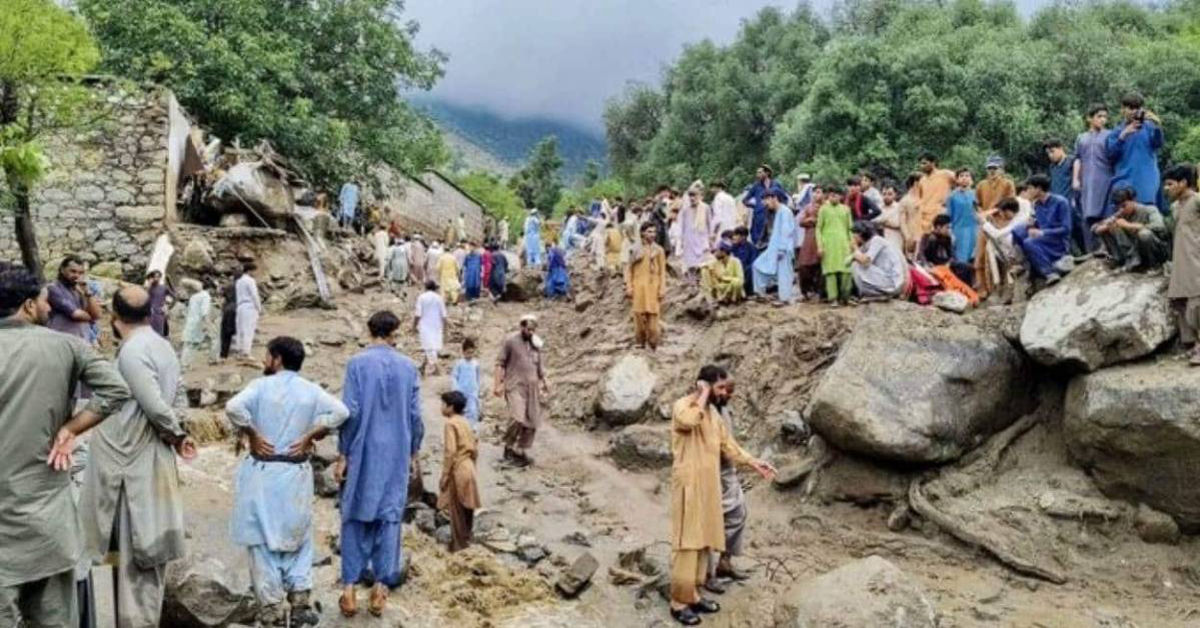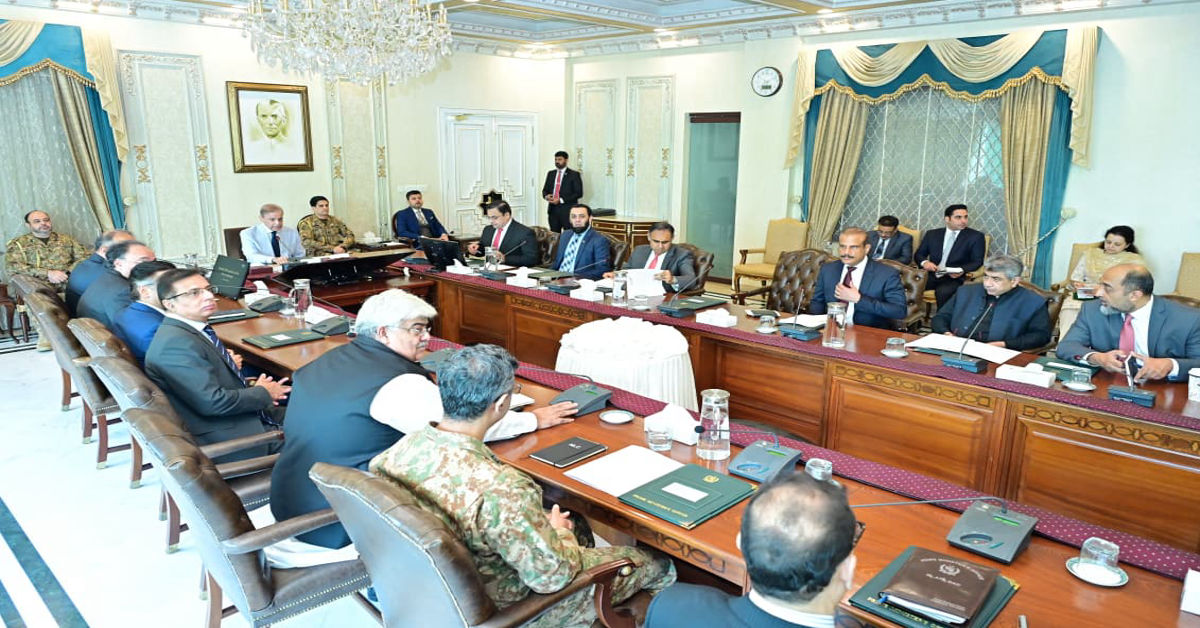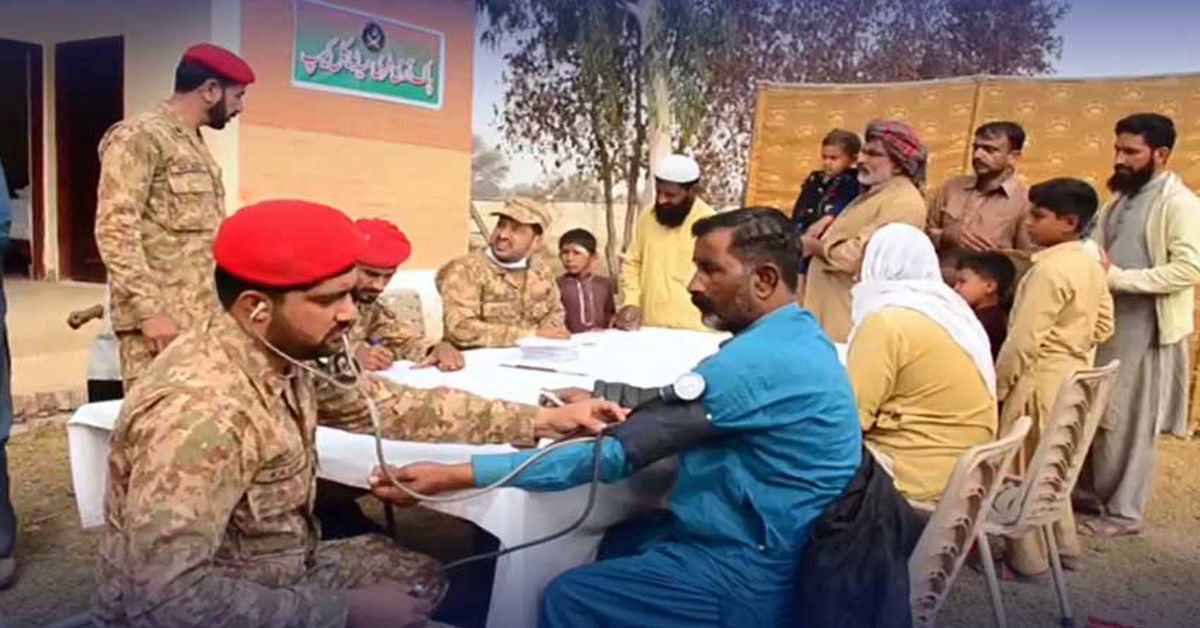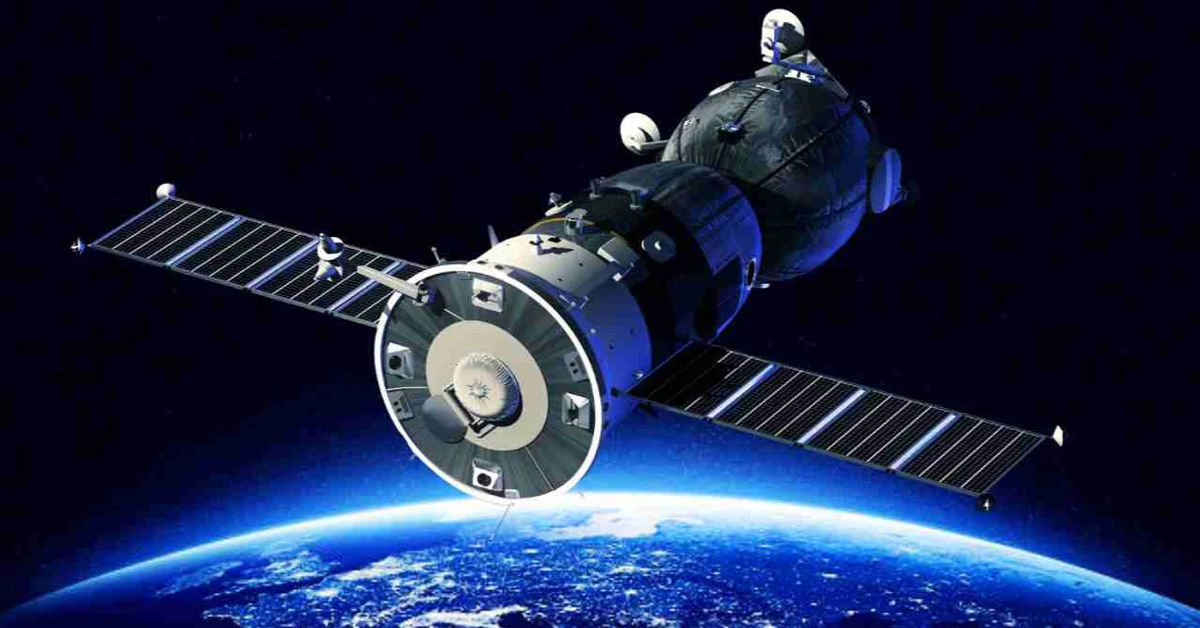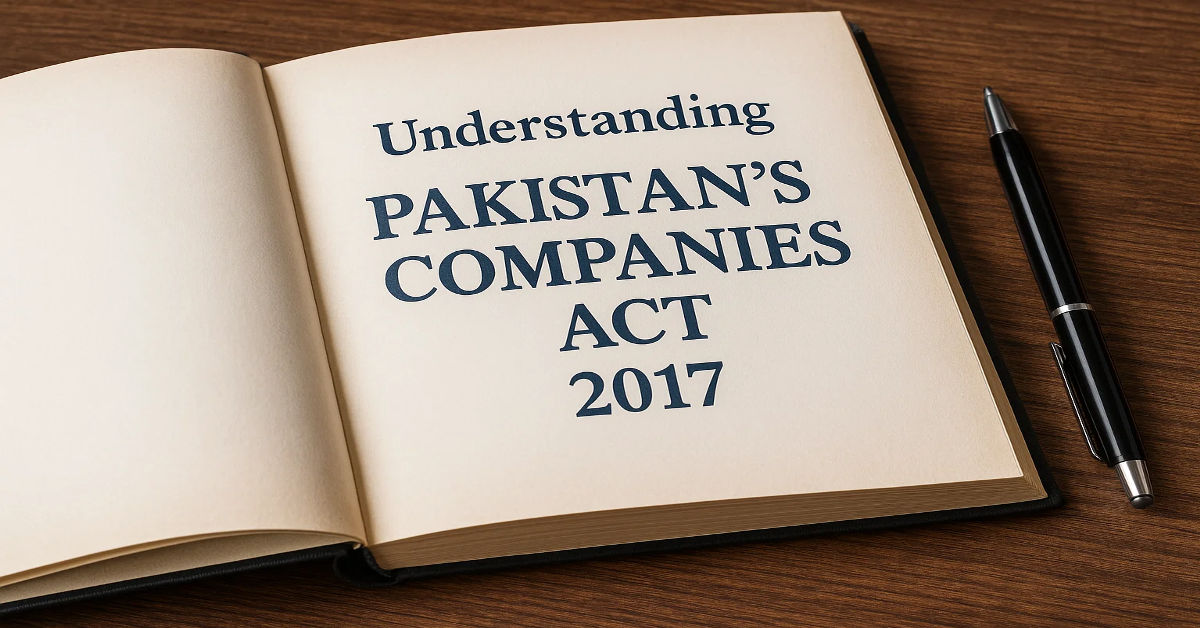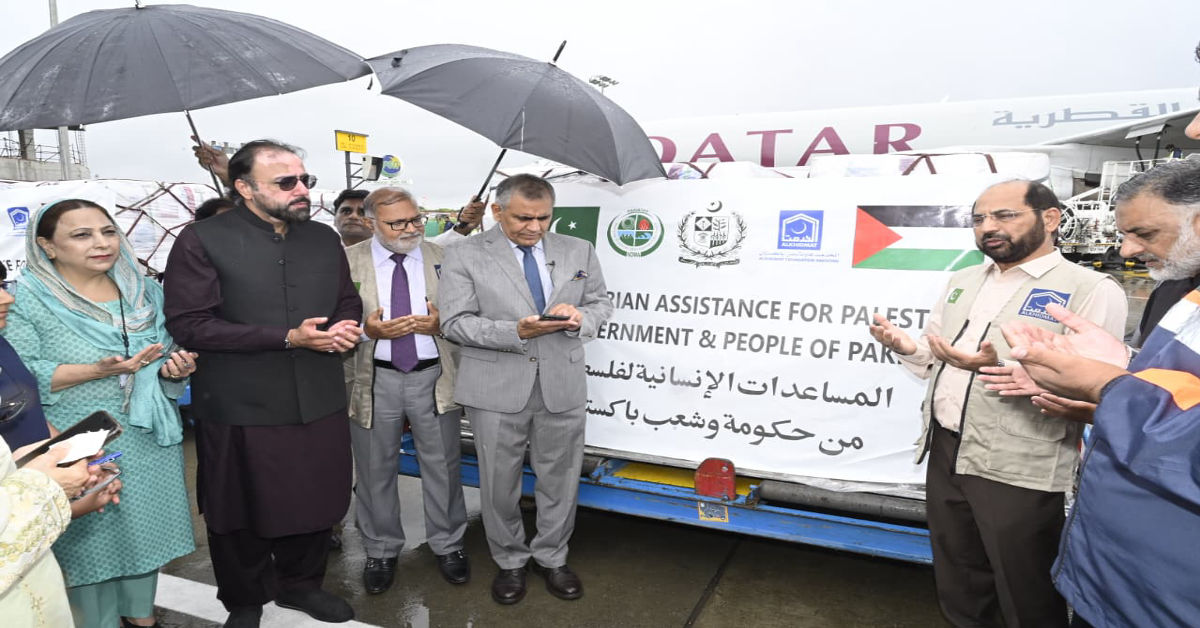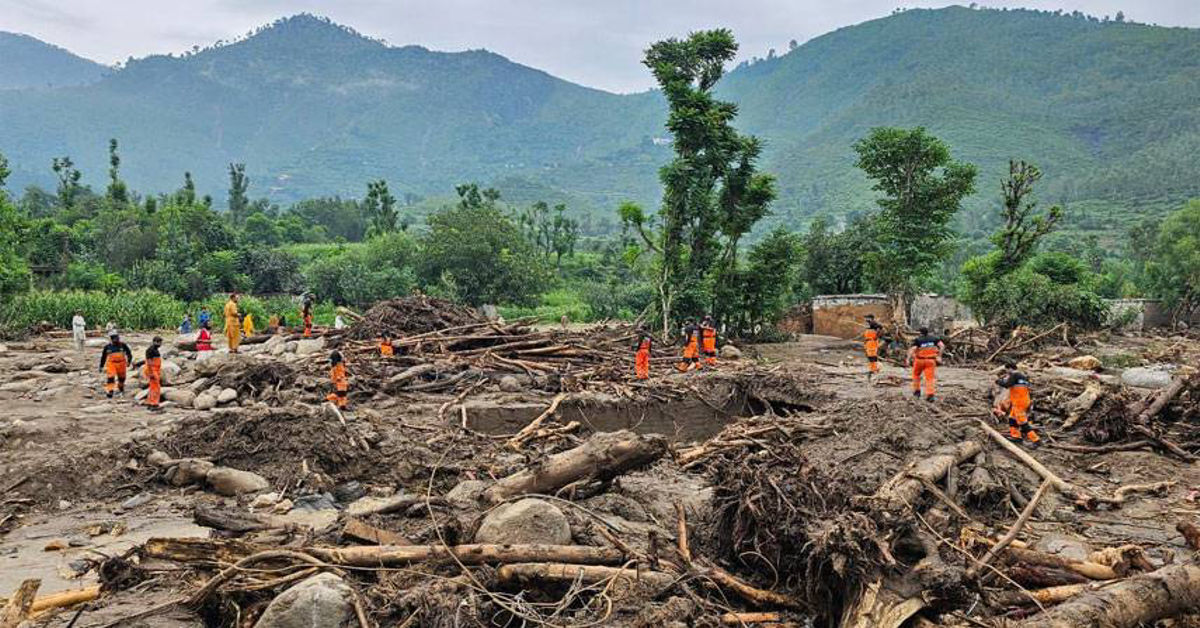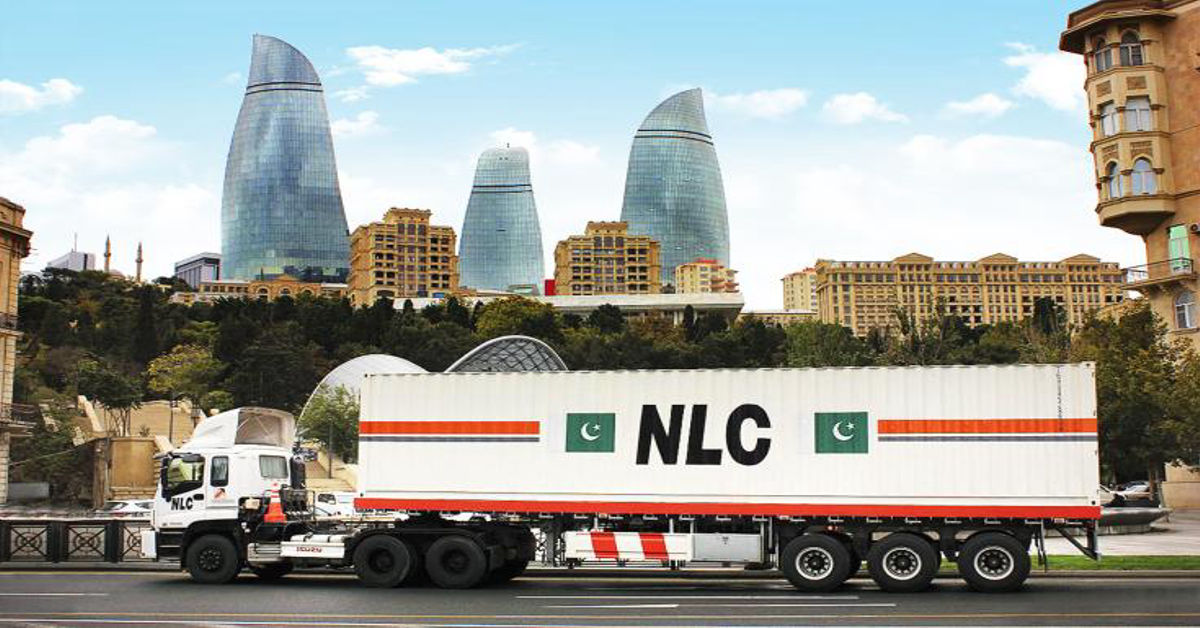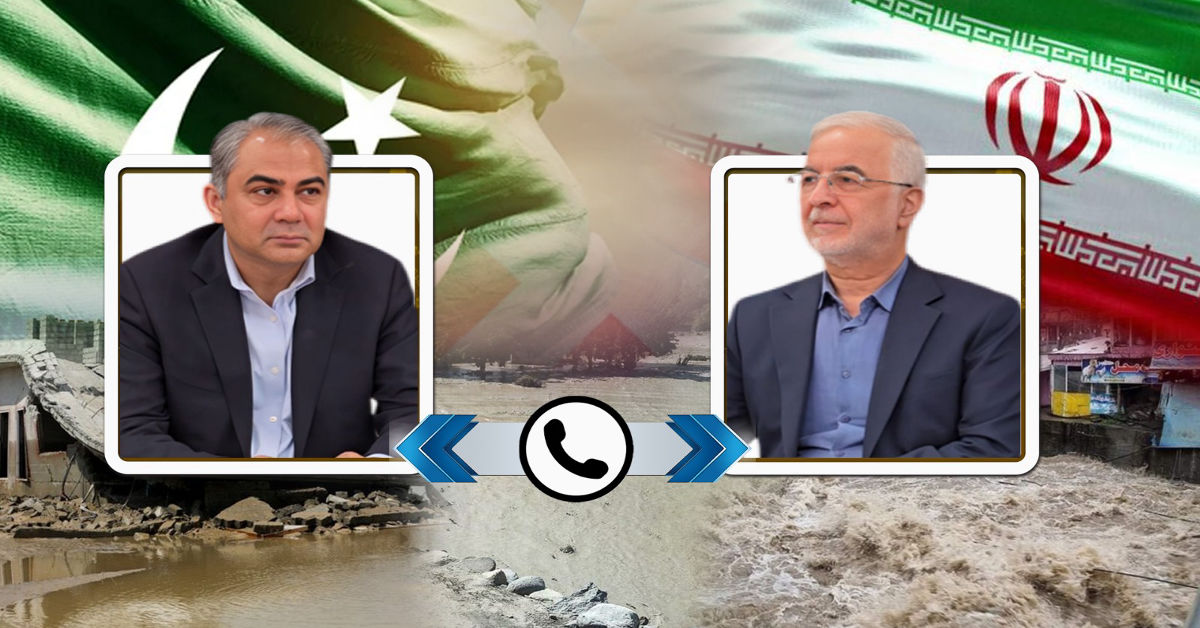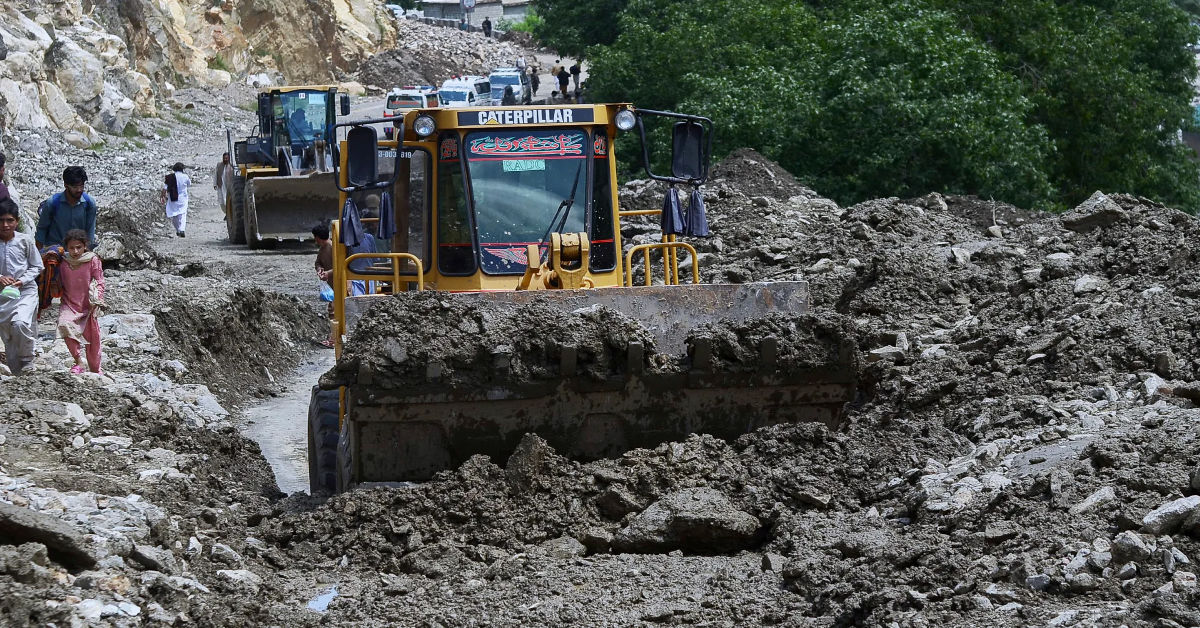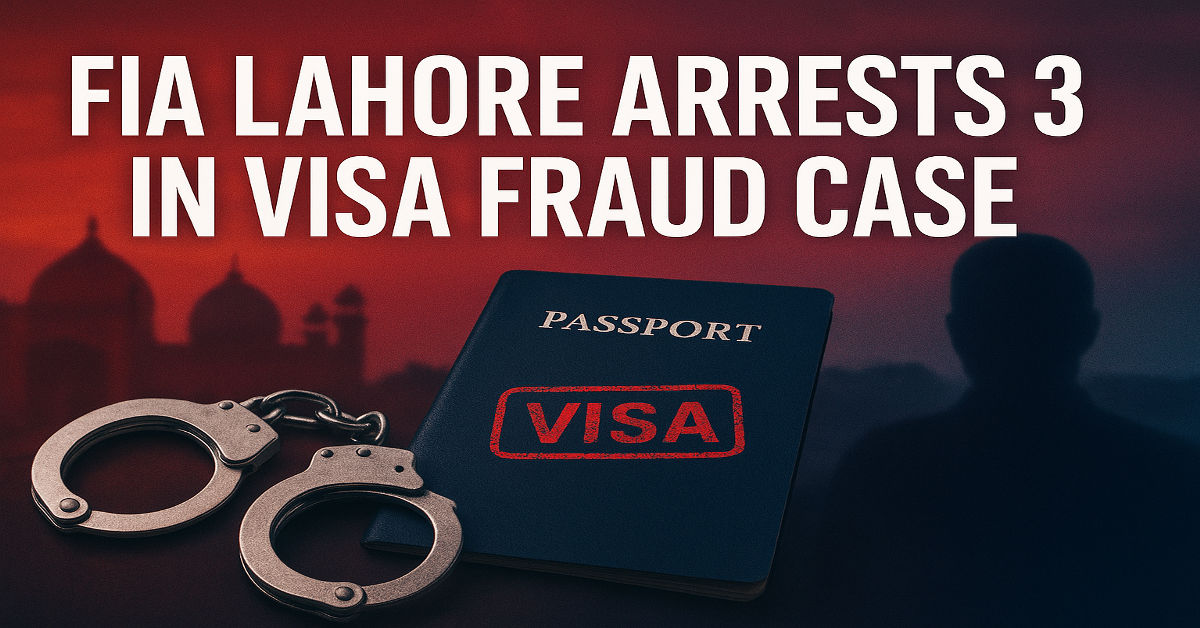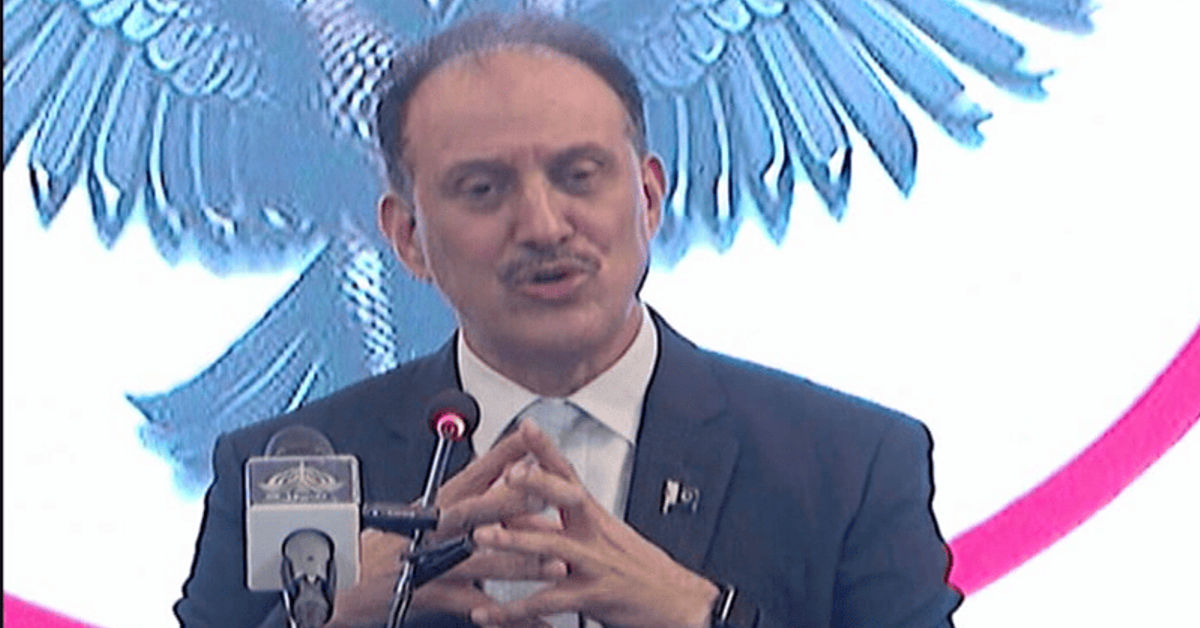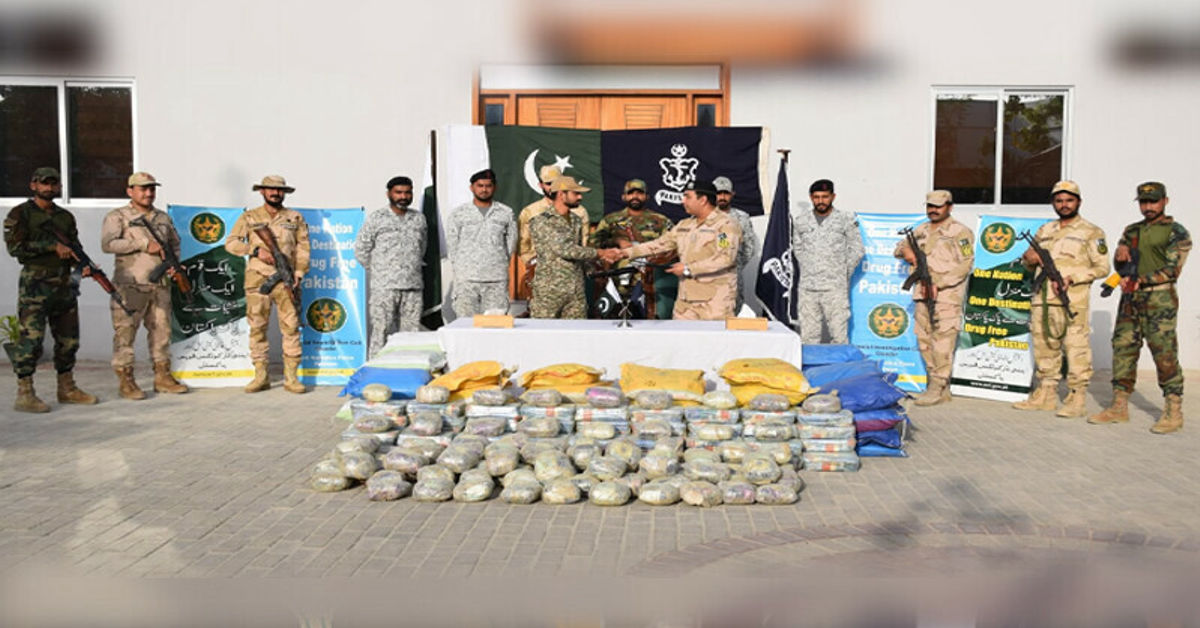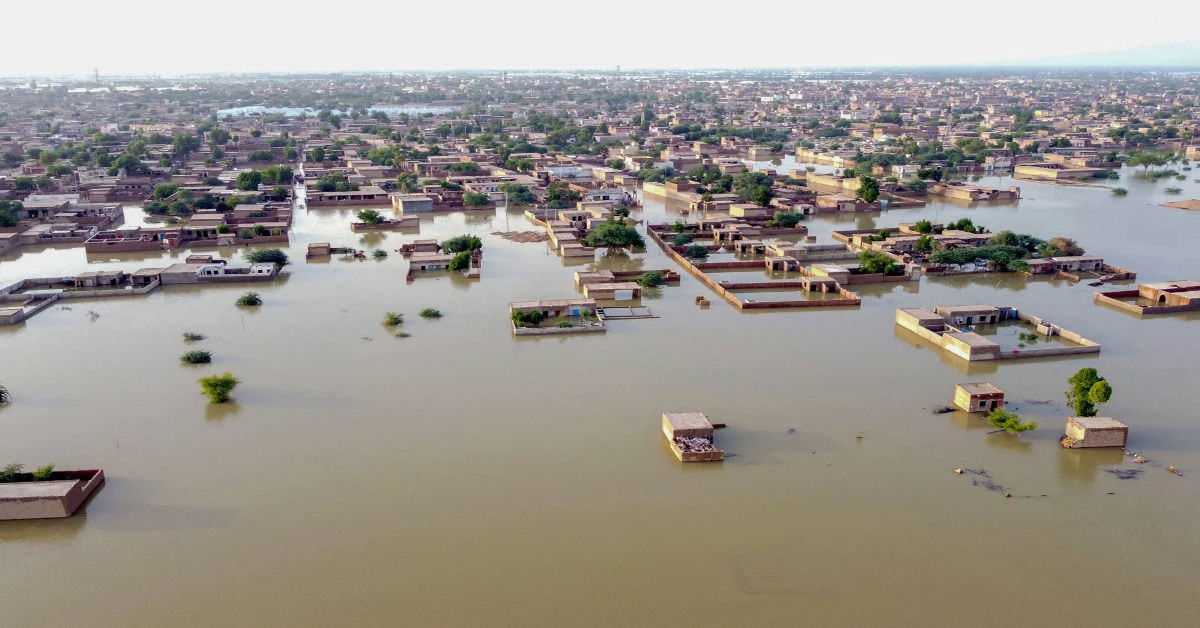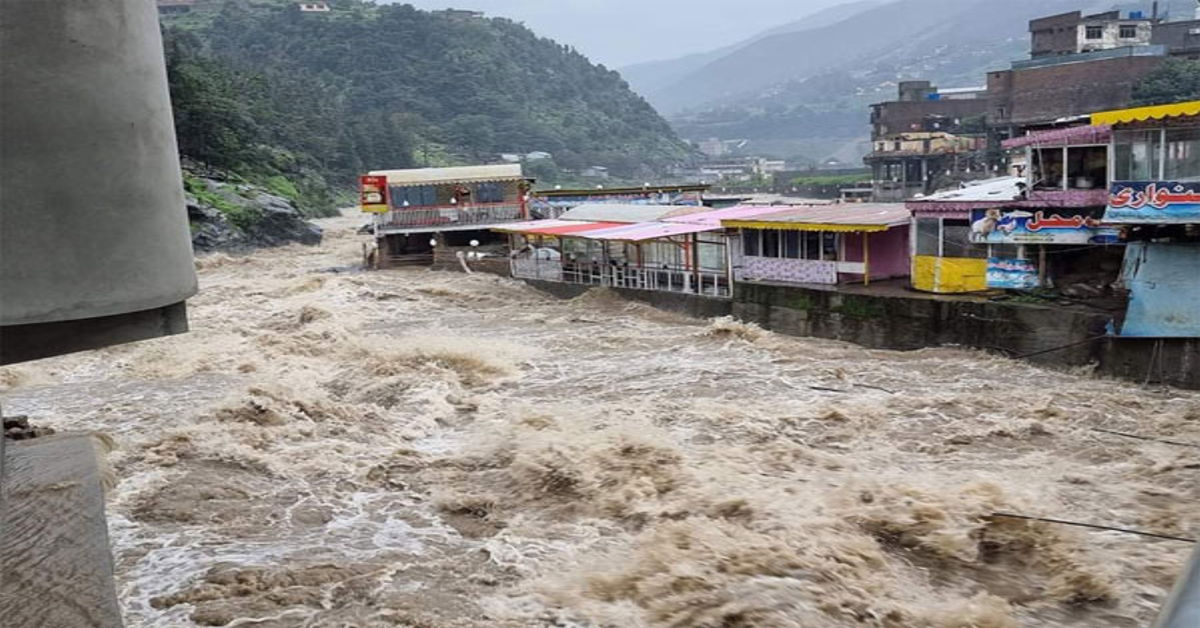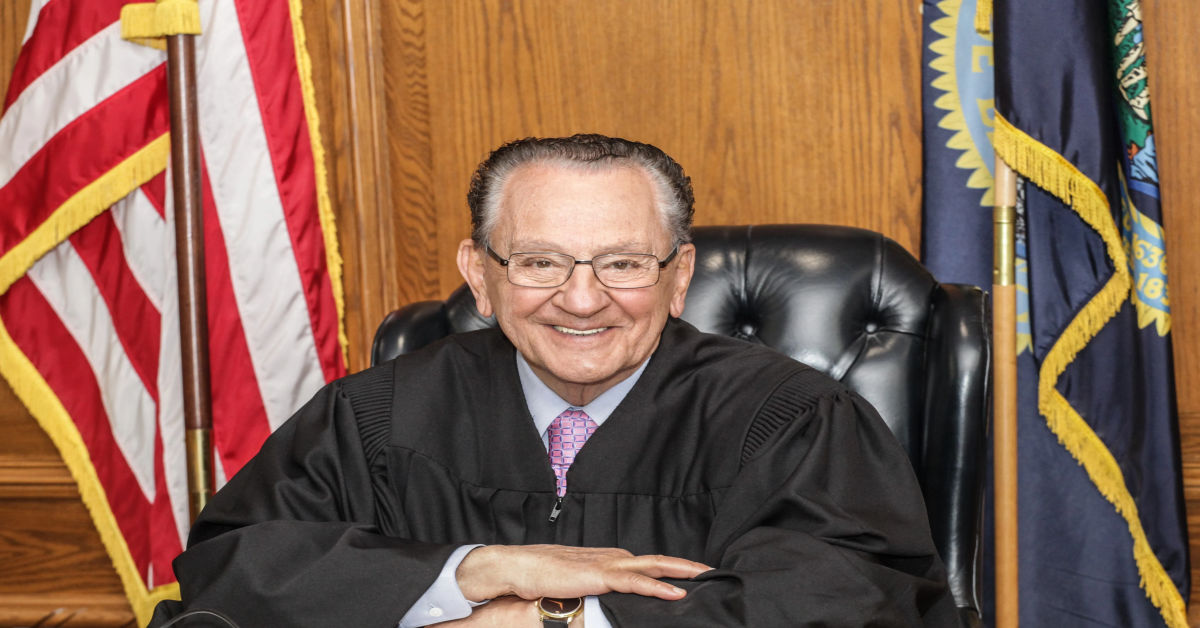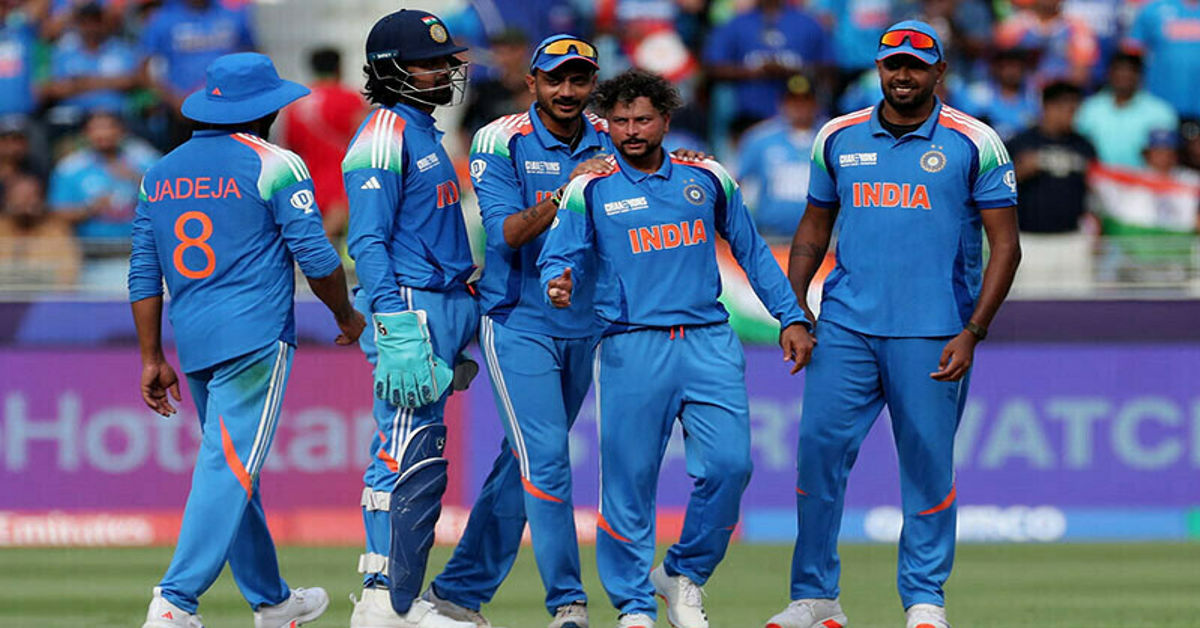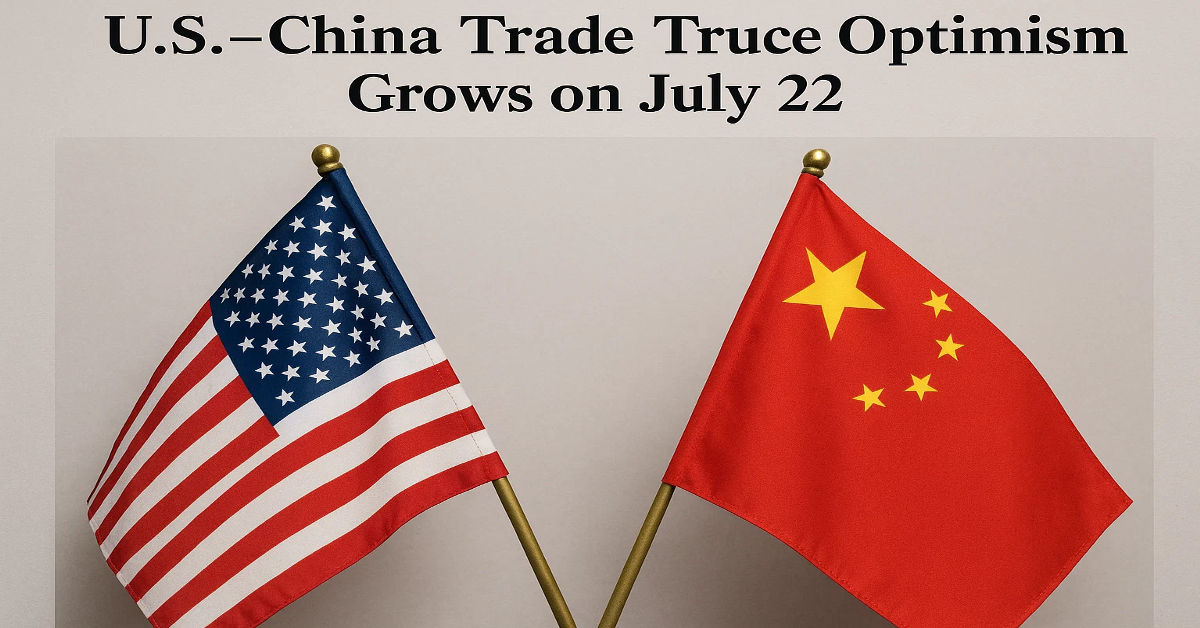
In a major diplomatic and strategic move amid tensions in its ties with Afghanistan. Pakistan Iran’s Top Military Commanders have held a meeting to strengthen defense cooperation between the two countries and to cooperate to improve regional security. This high-level interaction demonstrates the desire on both sides to realign ties in response to changing security dynamics in the Middle East and South Asia. With serious geopolitical changes in the region, resurgent militant threats and fragile economic conditions in the region. The discussions are timely and timely. The rendezvous marks a new phase in bilateral defense cooperation and a reaffirmation of commitment to promoting peace, stability and security along their common border.
Enhanced bilateral defense cooperation
At the discussion, as Pakistan Iran’s Top Military Commanders meet both sides had conveyed their intention to further enhancing active cooperation between defense and military forces. Within the framework of the structured cooperation and joint projects. The two military chiefs emphasized the significance of institutionally developing mechanism of regular bilateral dialogues at the level of defense security to further build understanding and co-ordination. Topics dealt with ways to arrange for joint instruction, joint maneuver practice and exchange of military delegations. Increased cooperation in defense production and transfer of technology was also mooted. This is part of a strategy to elevate bilateral links from ad-hoc cooperation to a more enduring and institutionalized relationship.
Tackling the Challenge of Cross-Border Security
Strengthening the security of the long and porous Pakistan-Iran border was one of the main themes of the meeting. Both countries have reason to fear non-state actors, smugglers and separatist militants – who overtime would become the dominant actors lurking in the border areas, particularly in Baluchistan and Sistan-Baluchestan. In order to overcome these challenges, they stressed on improved intelligence-sharing structures, coordinated operations, modern surveillance techniques. It was suggested that joint border coordination centers and real-time communication between the two countries’ security agencies would prevent misunderstandings and enable a rapid response to new threats. Both parties recognized that trustful and durable peace can only be achieved through a joint approach and mutual vigilance.
Efforts to Fight Terror and Extremism
Terror and violent extremism are concerns that we share, and that we must continue to collectively address. Leaders agreed to redouble their joint efforts to fight terrorist networks that take advantage of border frights and differences in ideology. They knew that fighting terrorism is not just a military job but also involves uprooting its ideological foundations and funding channels. The meeting reviewed recent moves to counter terror, and promptly synchronize strategies to prevent spillover of militants activities, the statement added. It also emphasized the need for institutional strengthening of the mechanisms like anti-terror task forces and intelligence units to bust and break terror infrastructures down.
Enhancing Maritime Security
To ensure that Arabian Sea, Gulf of Oman and the Indian Ocean remained strategically important, the two countries also discussed beefing up maritime security. Iran’s geographical proximity to the Strait of Hormuz, and Pakistan’s deep-sea port of Gwadar, mean both have much of a stake in the swings of the “freedom of navigation” club. Military commanders discussed the potential for joint naval exercises, and for exchanging maritime intelligence and cooperating to protect strategic waterways. Threats at sea including pirates, arms traffickers and poaching were recognized as shared challenges. Enhancing maritime cooperation was also related to the safeguarding of regional trade routes and energy supply lines that were important for the economic prosperity of the two countries.
Its Offering Economic Stability Through Security
They emphasized the balance of security and development. The regional economic ventures like China-Pakistan Economic Corridor (CPEC), Chabahar Port and cross-border energy pipeline need peaceful and secure areas for their success. On their part, As Pakistan Iran’s Top Military Commanders meet both sides concurred that increased defense cooperation can be a facilitator to investment, cross-border trade and infrastructure development. Economic development can, in turn, address the underlying causes of conflict, such as poverty and marginalization. The commanders reiterated their commitment to maintain security of development projects and strategic installations in the two countries.
Joint Efforts at Stability in the Region
In addition to bilateral issues, the talks were centered on regional conflicts and the changing balance of power. The lingering struggle in Afghanistan the ongoing conflict in the Middle East and the presence of non-regional military players received attention. The Presidents concurred that peace in region should be settled through diplomacy, mutual respect and ownership to avoid external interferences. They further demanded a shared security framework with other neighbors to take on the common threat from the transnational militants, support peace-building activities, and prevent an escalation. This would, they underscored, help to promote a more balanced and inclusive regional security architecture.
Confidence-Building Measures
In order to reaffirm the growing defense cooperation, both nations also conferred on CBMs. These measures range from setting up hotlines between their armed forces for crisis management, joint disaster management and border management drills to people-to-people contact at the level of the defense academies. Through the promotion of transparency and confidence, CBMs can lower the risks of miscalculation and inadvertent conflict. The two leaders also expressed the wish for regular high-level engagements to review progress and reset relations as necessary. These kind of initiatives indicate a strategic vision to have sustainable and institutionalized cooperation in the field of defense.
Humanitarian Points of Concern
Also on the agenda were the humanitarian effects of instability. Conflict and tension along the border frequently drive civilian displacement, loss of livelihoods, and interruption of essential services. The leaders underlined the need for efforts against terrorism to be done in a manner. So as to safeguard and promote cooperation, including respect for international humanitarian norms and standards. They also vowed to work together to help displaced communities, and to deliver needed humanitarian aid in times of conflict. They also discussed opening the door to humanitarian military missions during natural disasters. Particularly in border regions where state services are limited.
Conclusion
Tayeb said that Pakistan Iran’s Top Military Commanders level meeting between Pakistan and Iran is an important development. That indicate toward friendly triangle in bilateral military relations and promotion of cooperation for regional security. It is an example of increasing recognition that traditional threats are changing. And that joint approaches are required to respond to common vulnerabilities. With emphasis on mutual confidence, joint action, and permanent institutional engagement. The two countries are erecting the architectural foundations for a more stable and secure neighborhood. Enhanced defense relations between Pakistan and Iran could not only help to protect our national interests. But can also help in promoting regional peace, economic prosperity and strategic balance.

